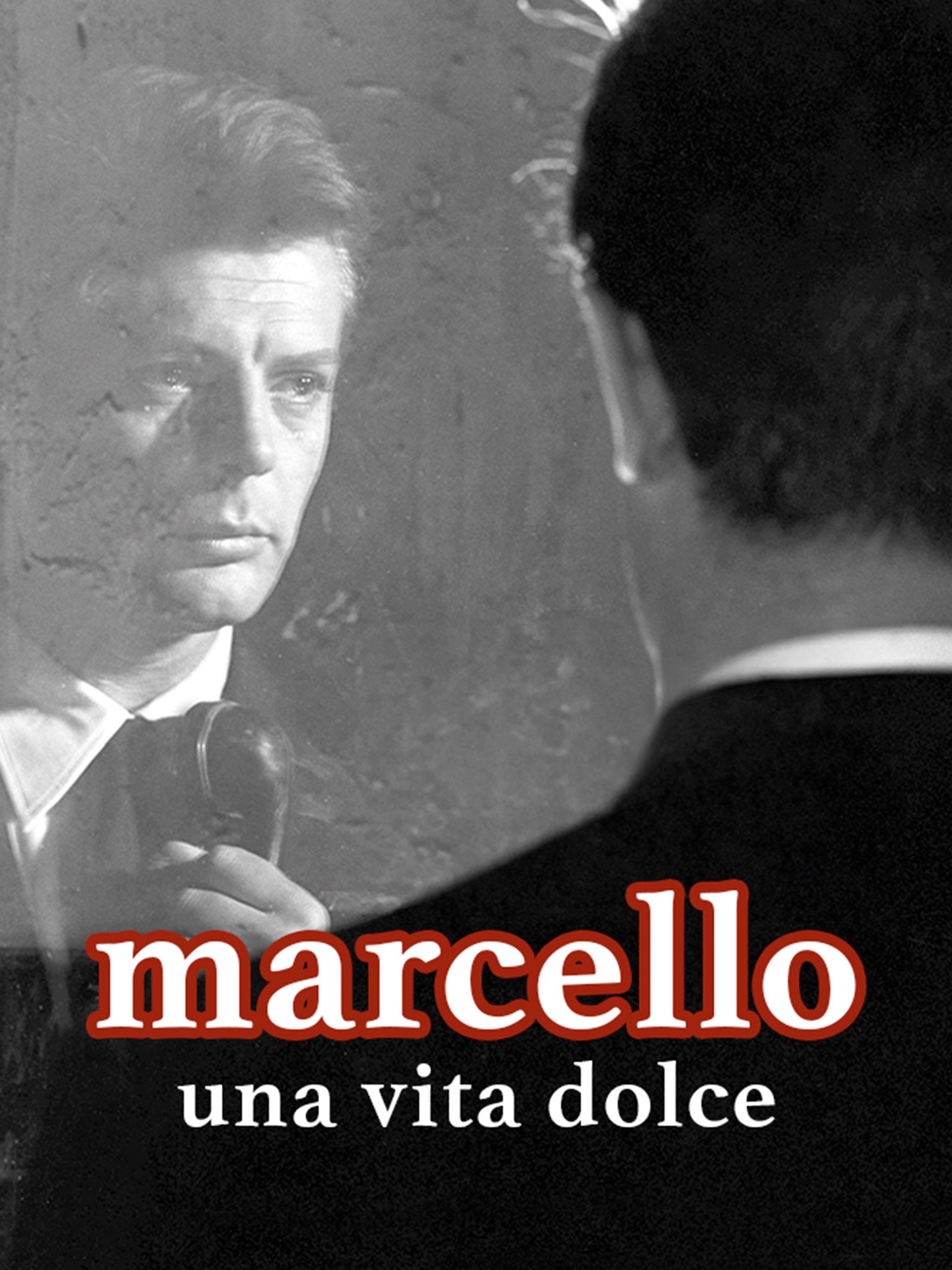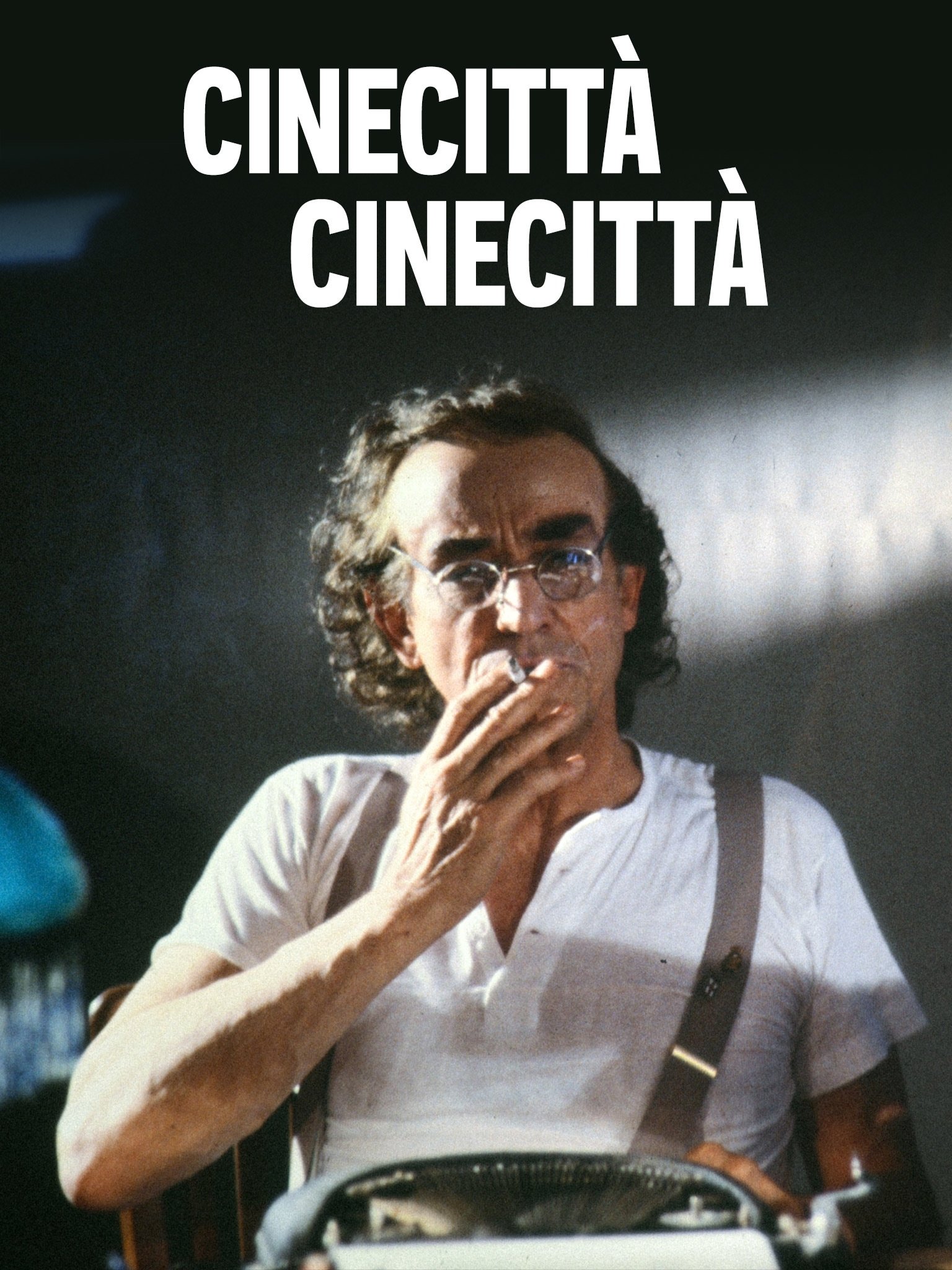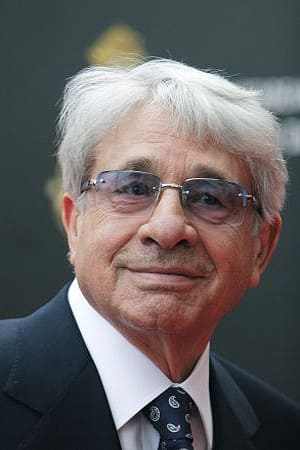
Luigi Magni
Luigi Magni (21 March 1928 – 27 October 2013) was an Italian screenwriter and film director. Born in Rome , Italy, Magni started his career as a screenwriter, in 1956, with Tempo di villeggiatura. In 1968 he collaborated with Mario Monicelli in creating a real "event" of the Italian cinema by transforming Monica Vitti into a comedic actress with The Girl with the Pistol , and the critical and commercial success of the film pushed him into directing. After the directorial debut with Faustina (which was also the debut film of Vonetta McGee ), in 1969 Magni achieved an extraordinary success with Nell'anno del Signore , which was the highest-grossing Italian film of the year, so as to require for the first time in Italy nighttime screenings to meet the demands of the audience. The film marked the encounter with Nino Manfredi , with whom Magni had a long-standing association on the set (including the screenplay of Manfredi's award-winning film Per Grazia Ricevuta ) and a close friendship off the set. The film also defined Magni's style, namely a commedia all'italiana mainly centered on Rome and its history, particularly the epoch between the Papal States and the Risorgimento.
Un'avventura a Campo de' Fiori
(Director)
Un'avventura a Campo de' Fiori
(Teleplay)
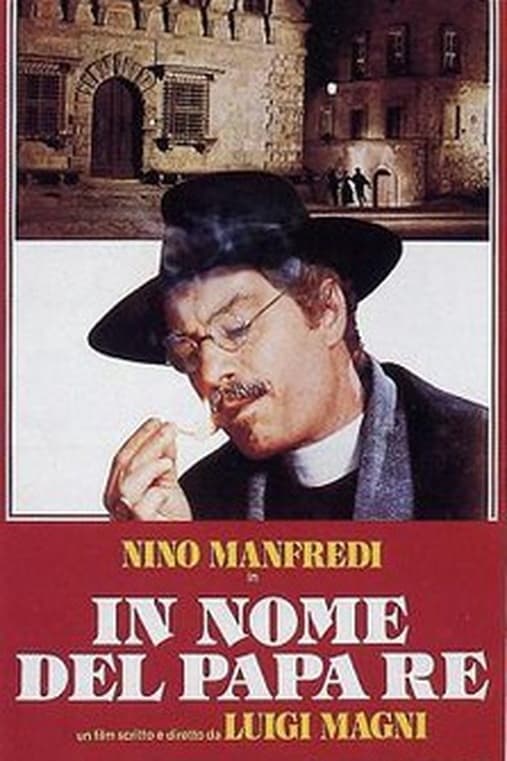
In the Name of the Pope King
(Director)
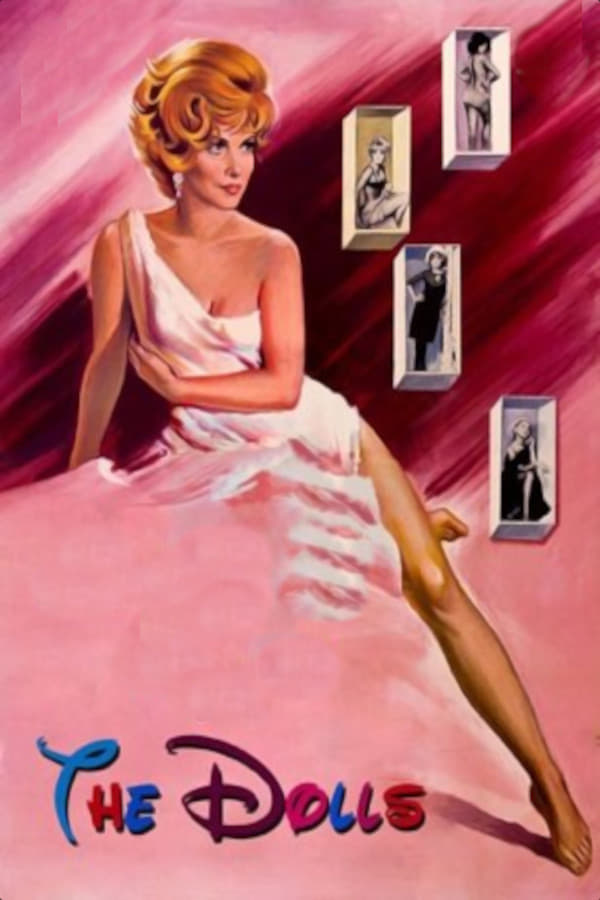
The Dolls
(Screenplay)
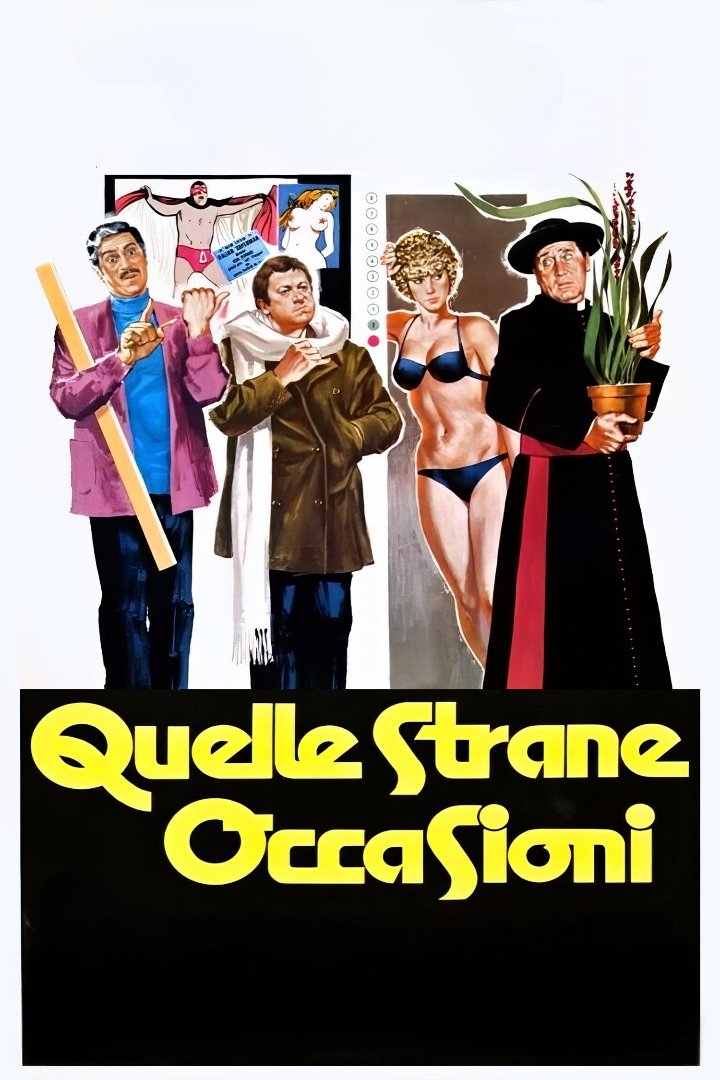
Strange Occasion
(Director)
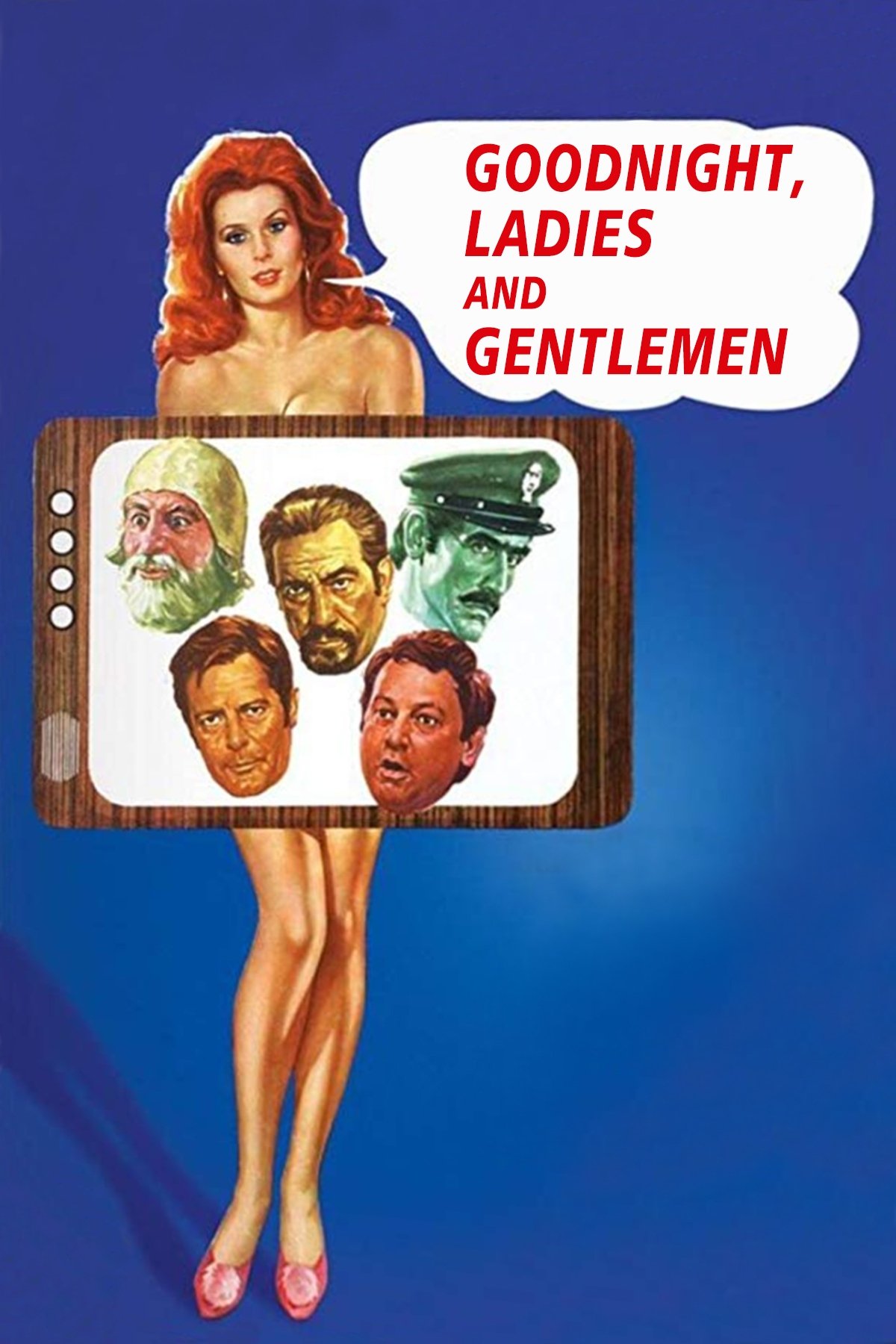
Goodnight, Ladies and Gentlemen
(Director)
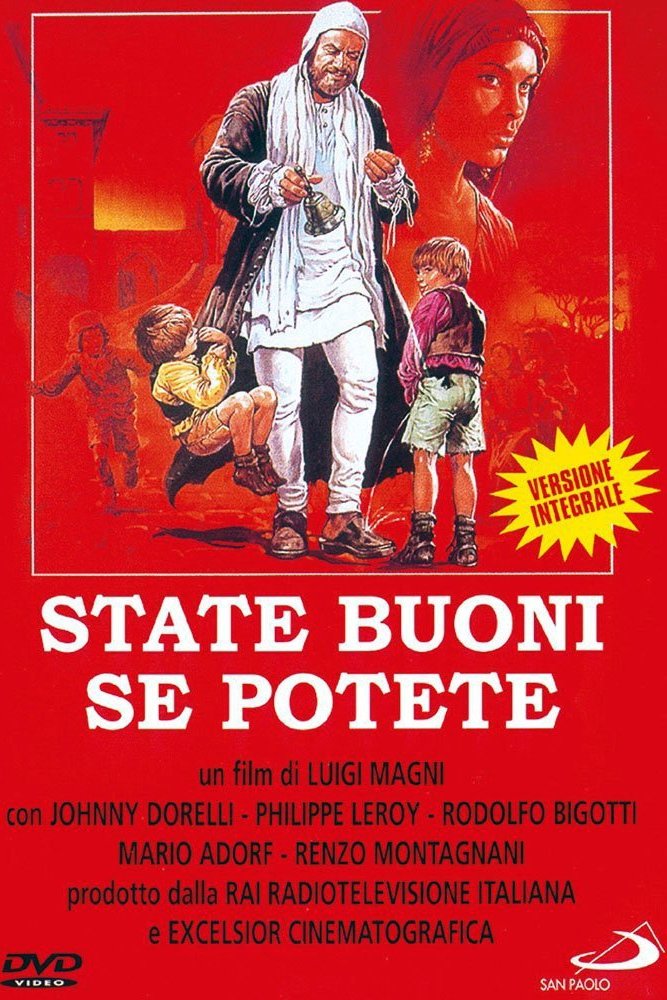
State buoni se potete
(Director)
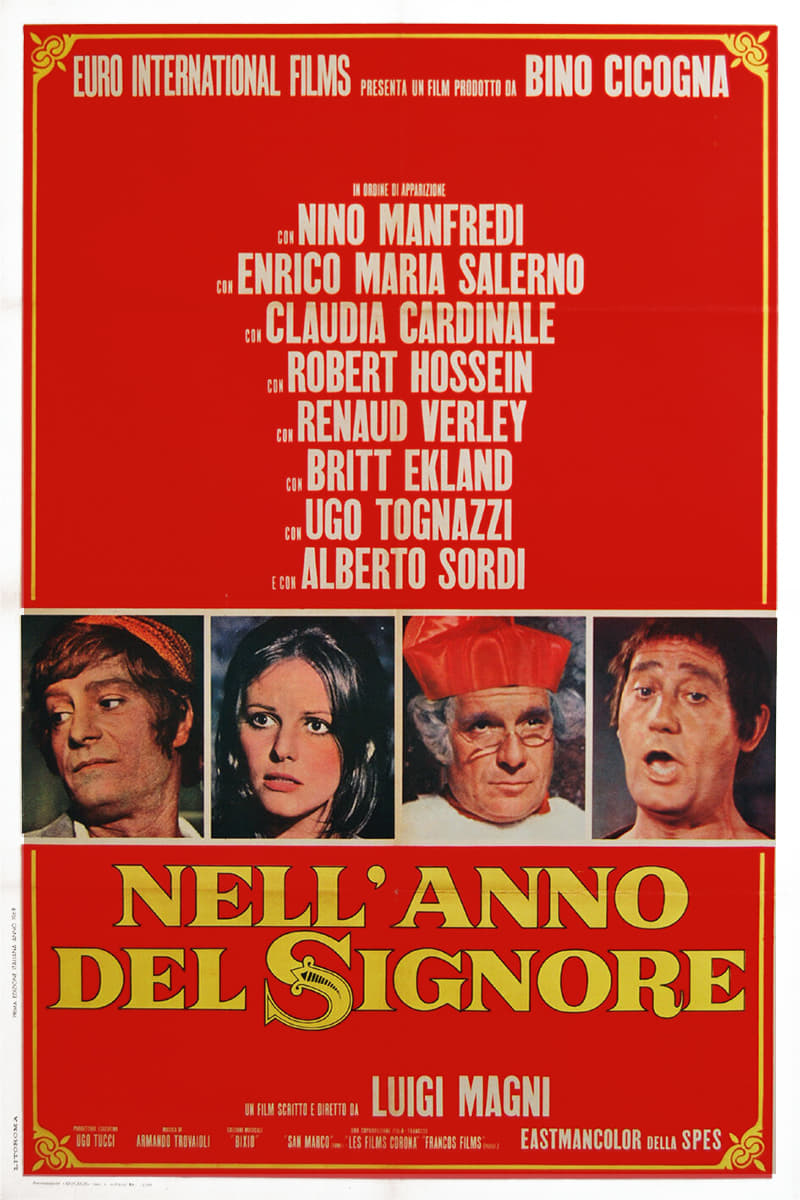
The Conspirators
(Director)
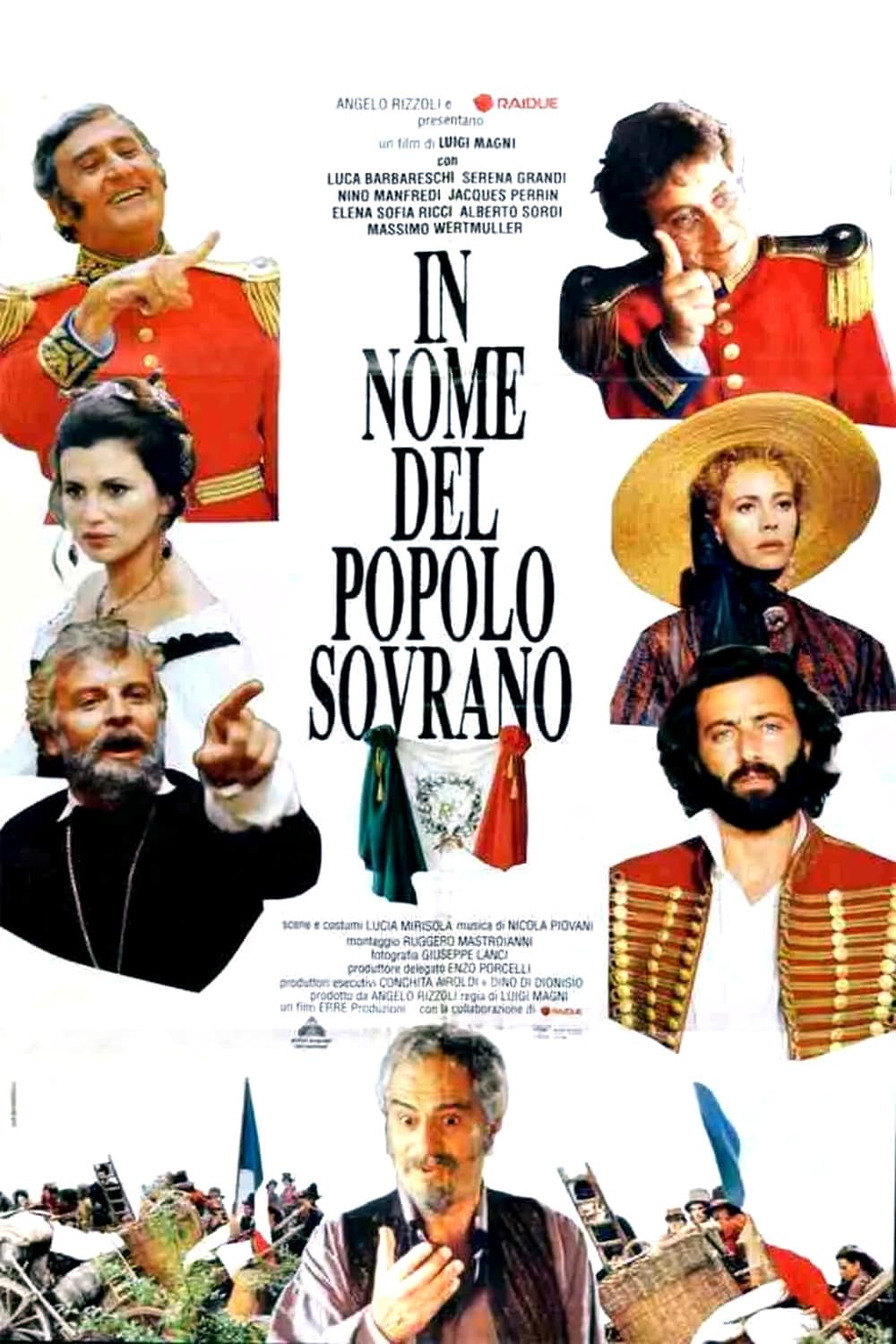
In nome del popolo sovrano
(Director)
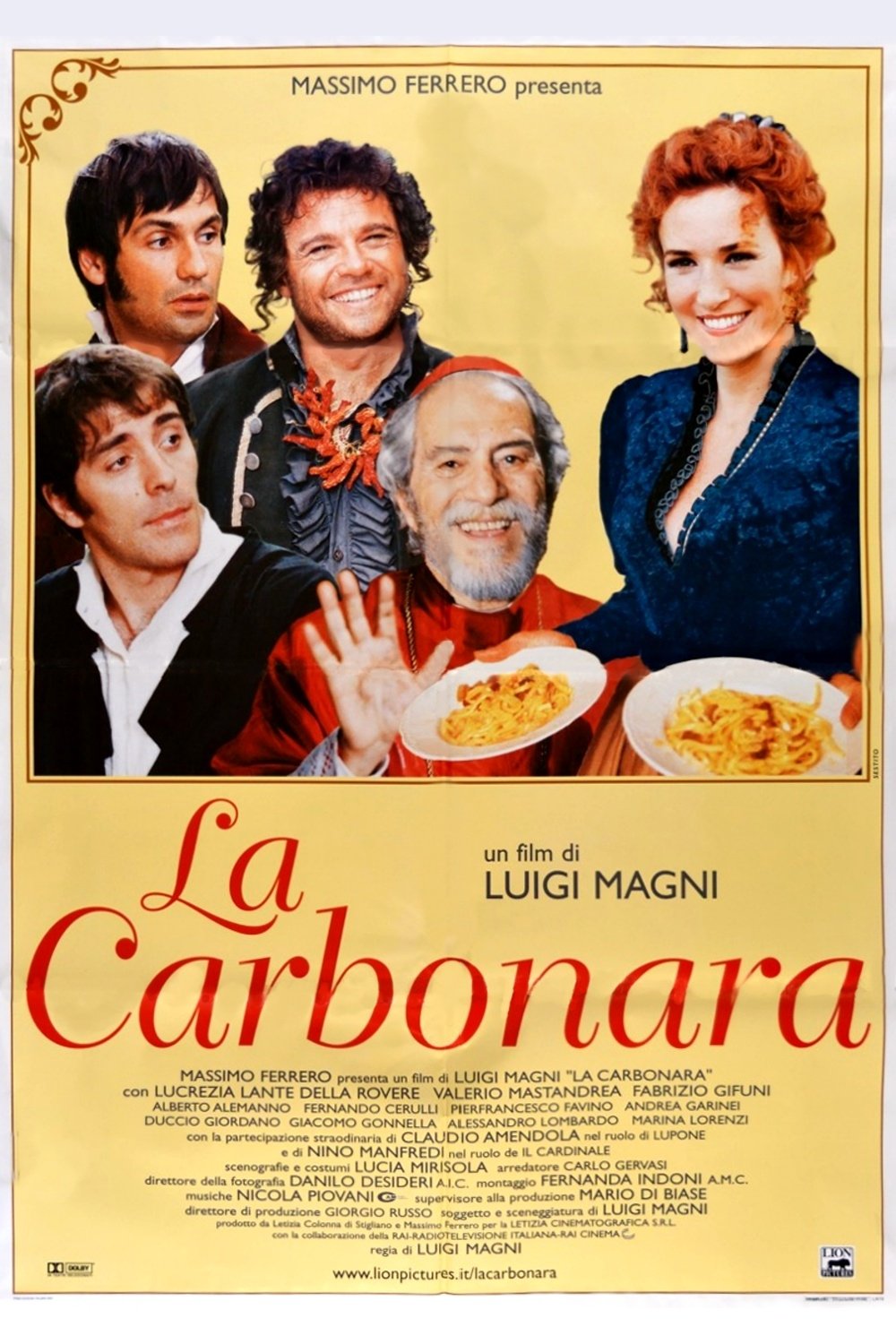
La carbonara
(Director)
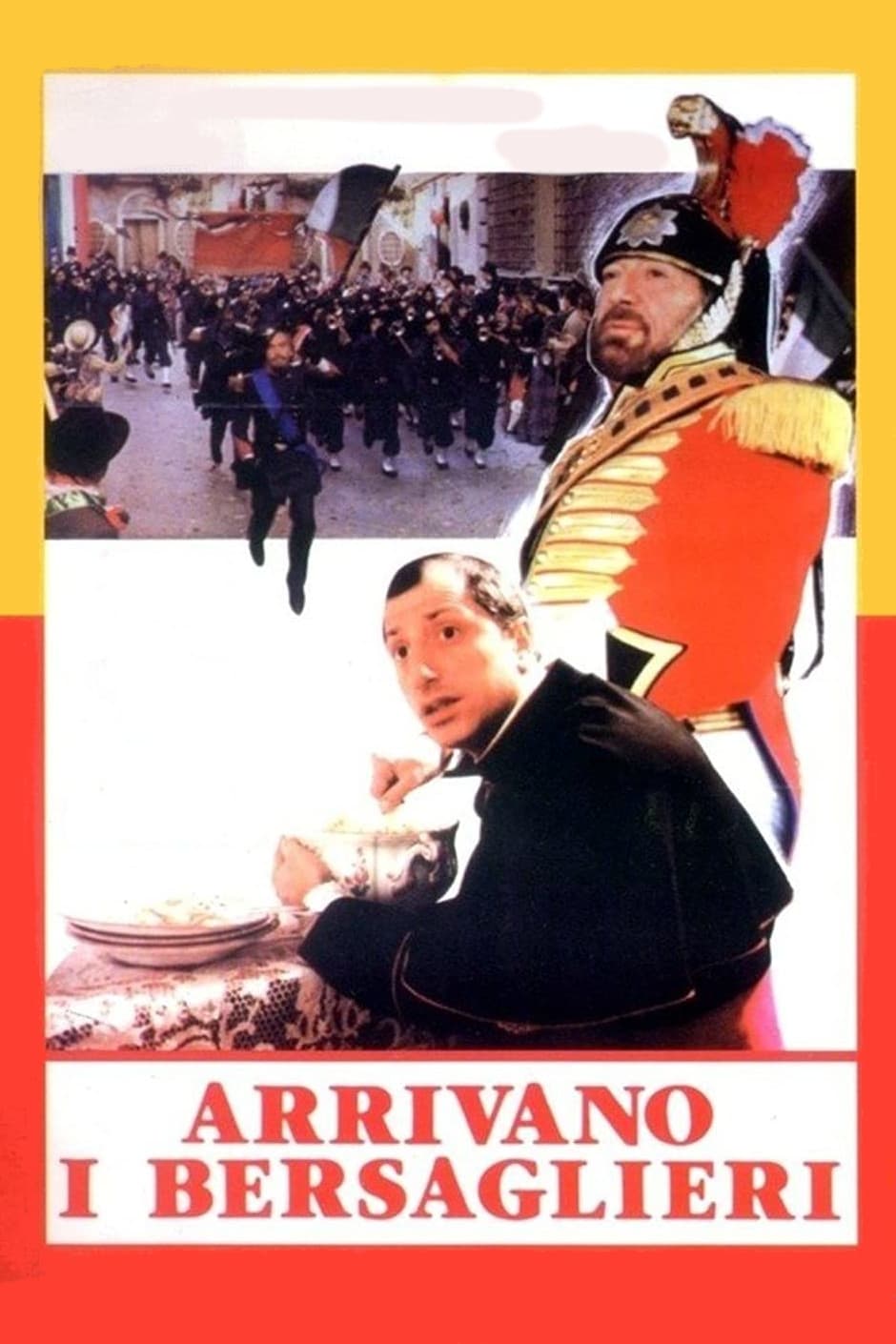
Arrivano i bersaglieri
(Director)

Arrivano i bersaglieri
(Writer)
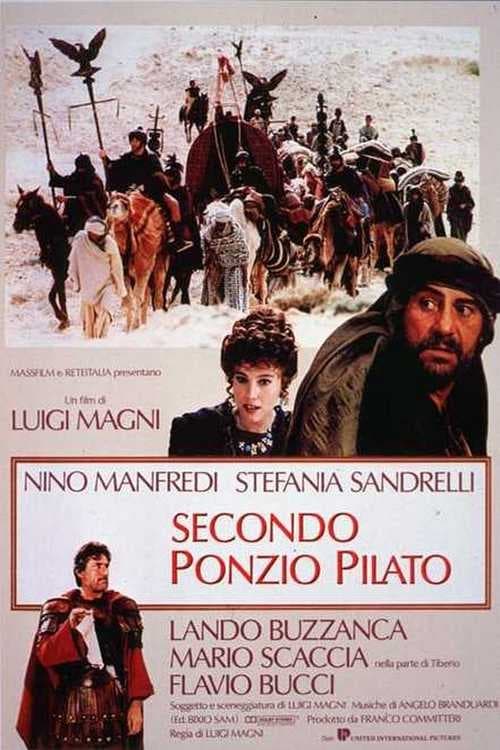
According to Pontius Pilate
(Director)
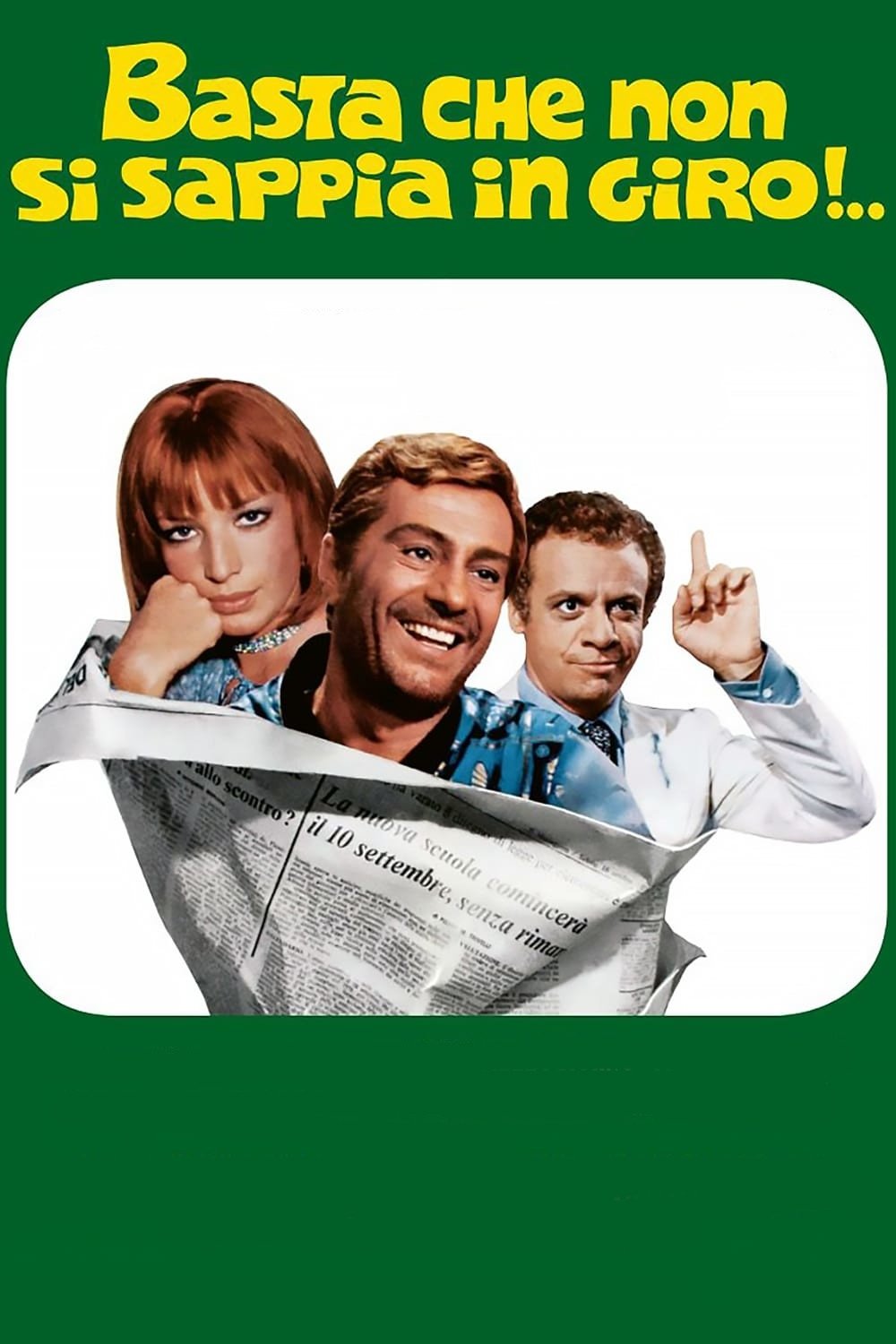
Keep It To Yourself!
(Director)

Keep It To Yourself!
(Screenplay)
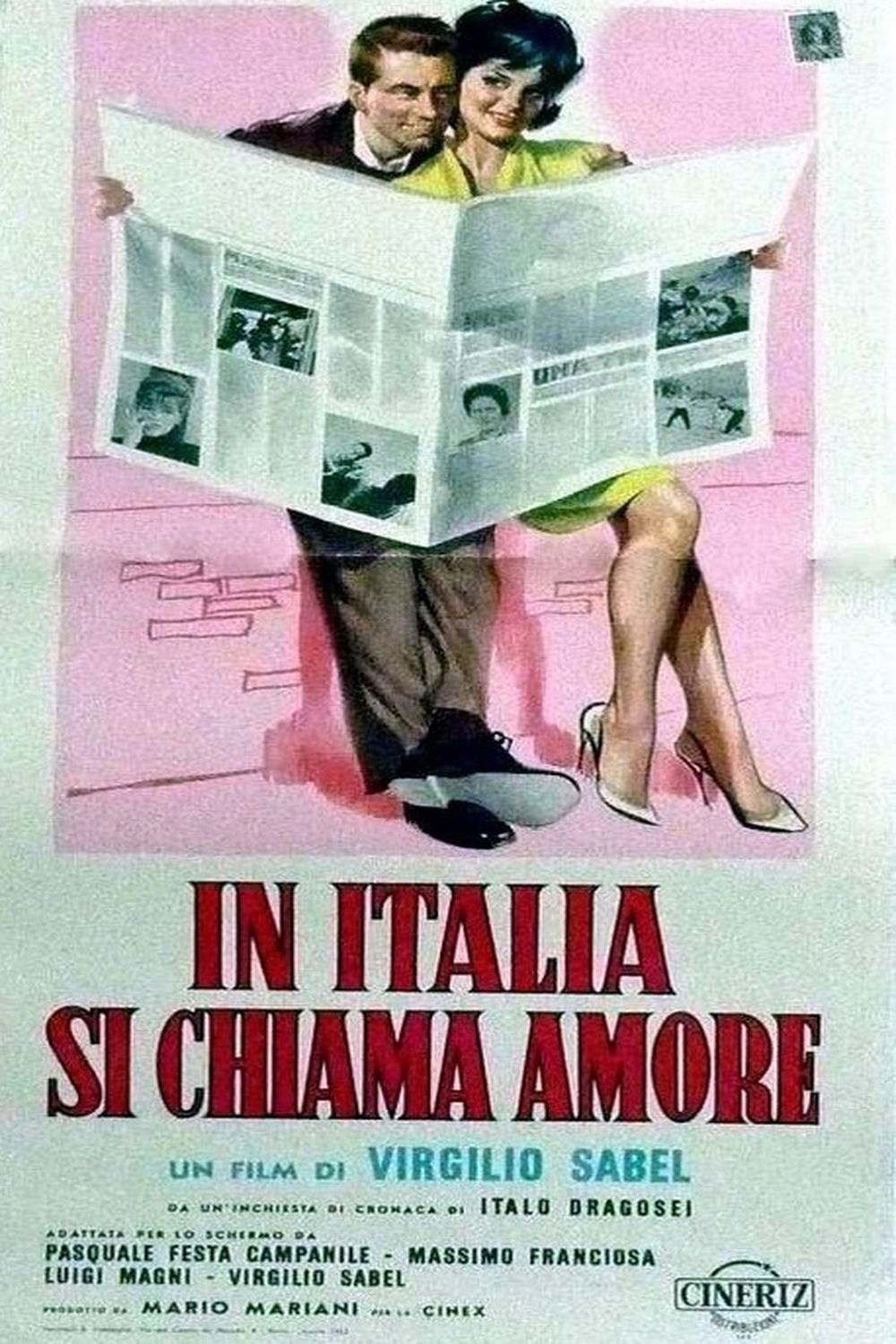
In Italia si chiama amore
(Writer)
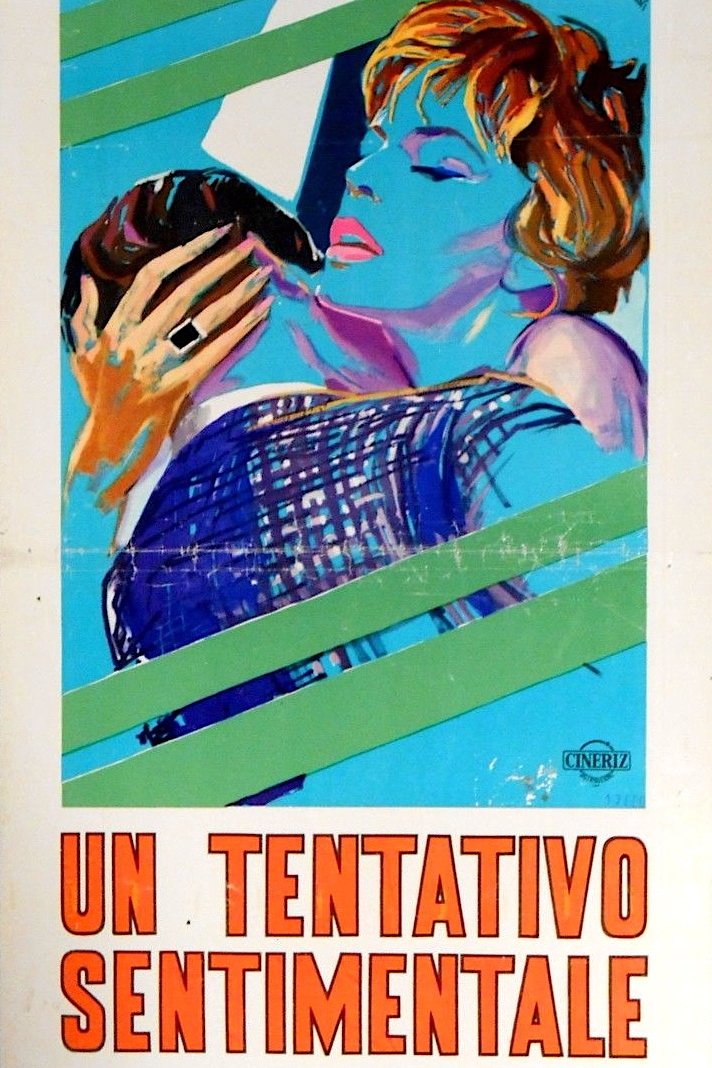
A Sentimental Attempt
(Screenplay)
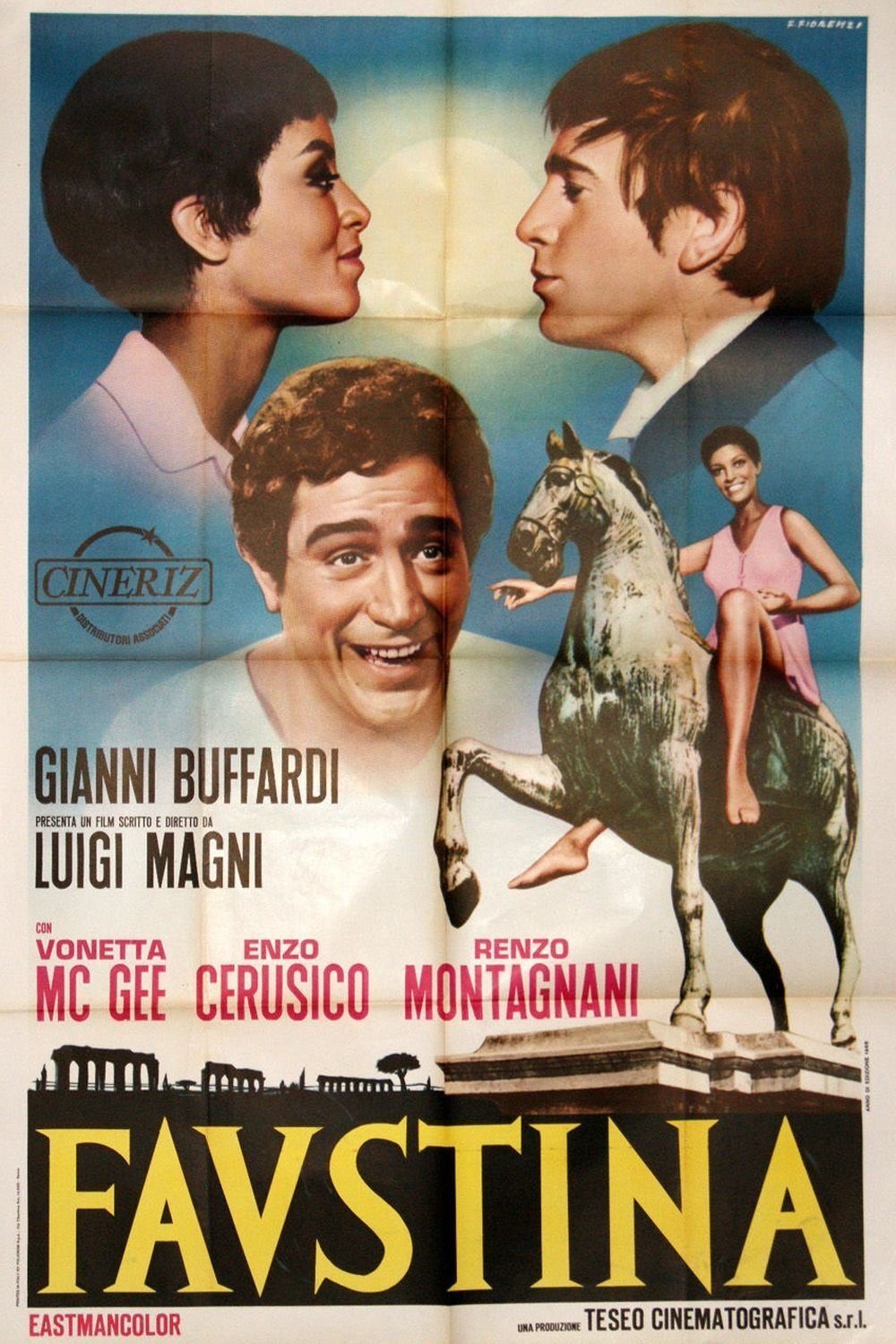
Faustina
(Director)

Faustina
(Screenplay)
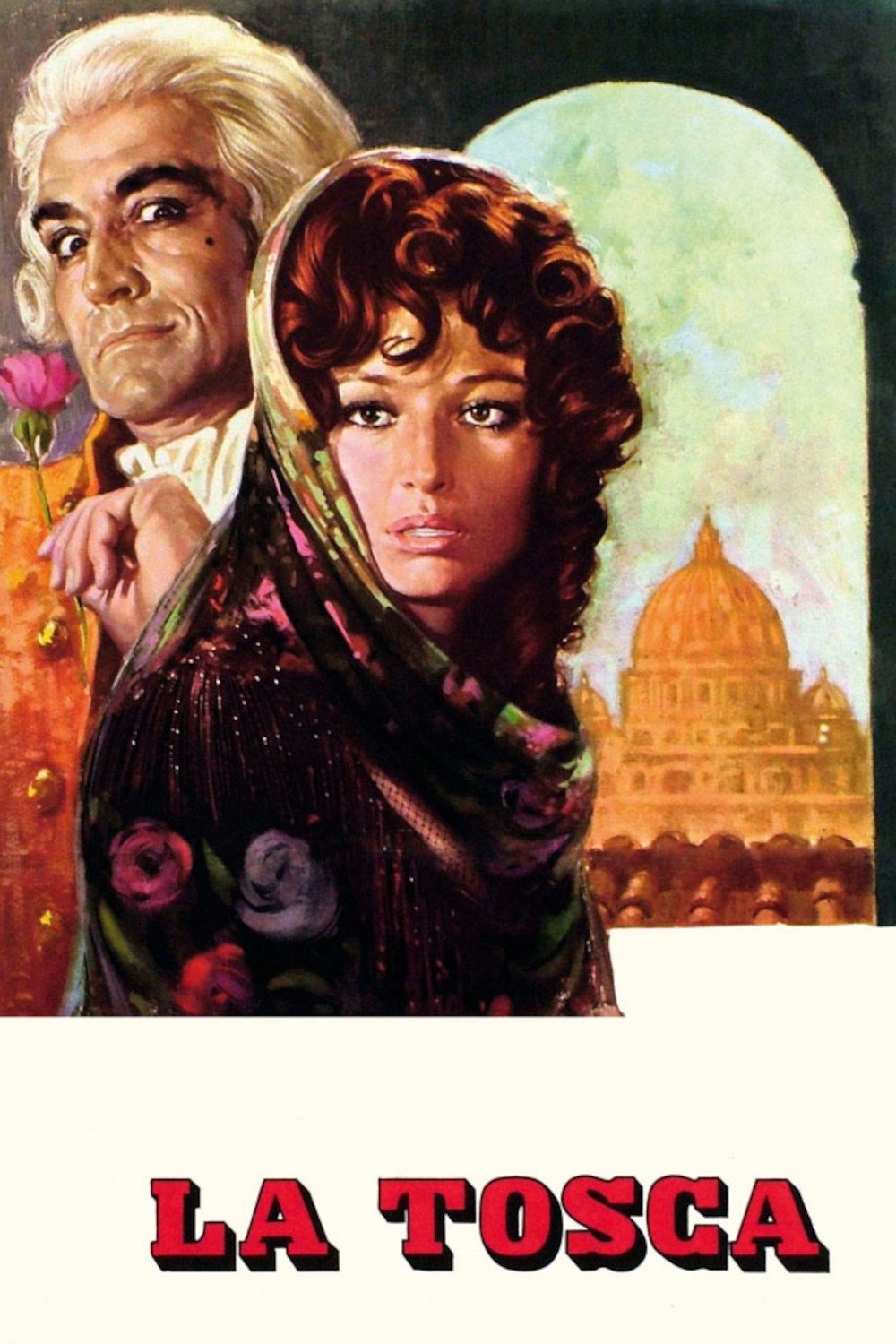
La Tosca
(Director)
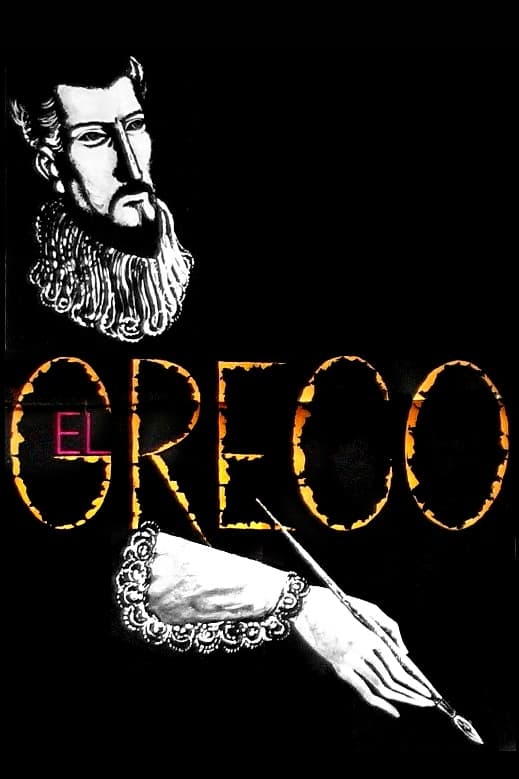
El Greco
(Writer)
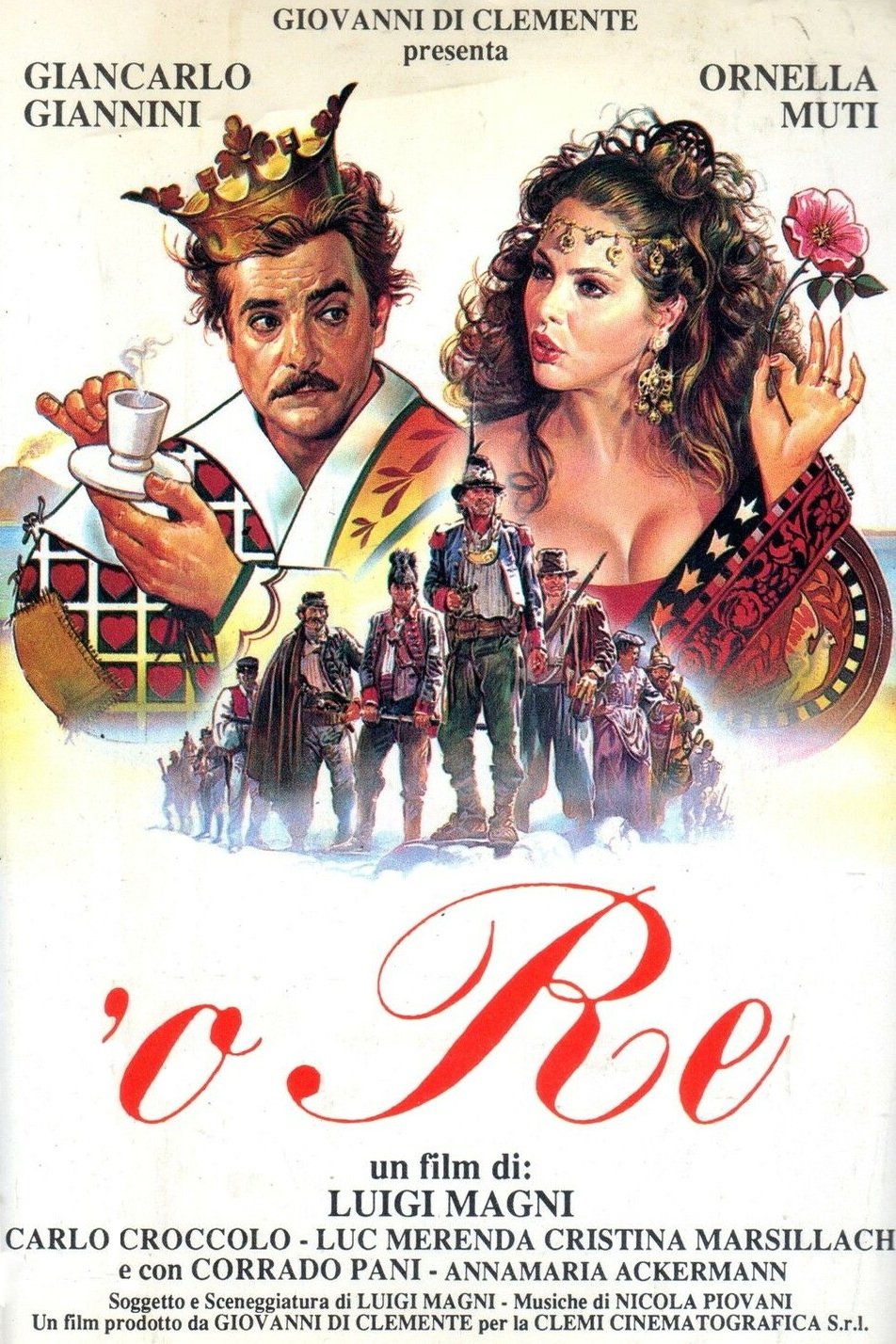
'o Re
(Director)
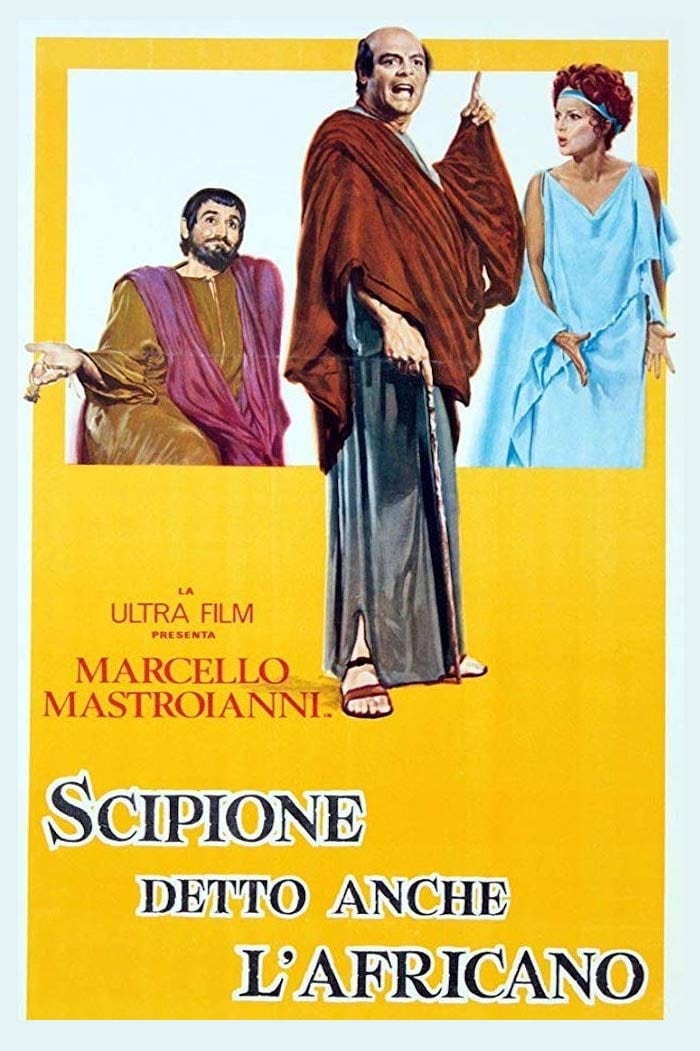
Scipio the African
(Story)

Scipio the African
(Director)

Scipio the African
(Screenplay)

Goodnight, Ladies and Gentlemen
(Story)
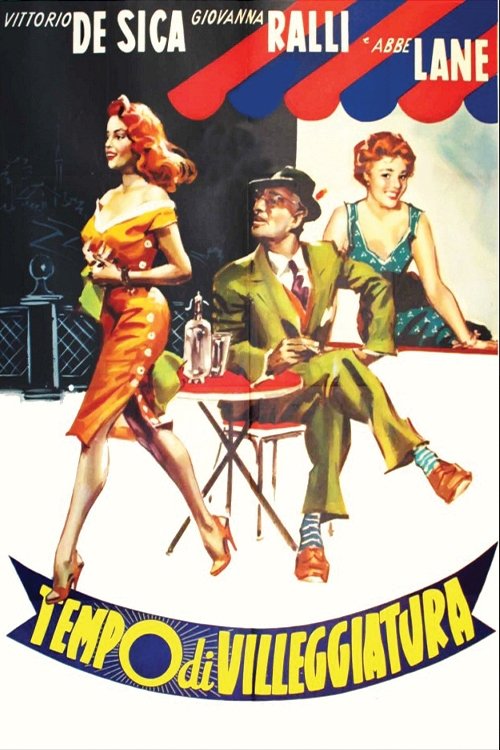
Time of Vacation
(Story)
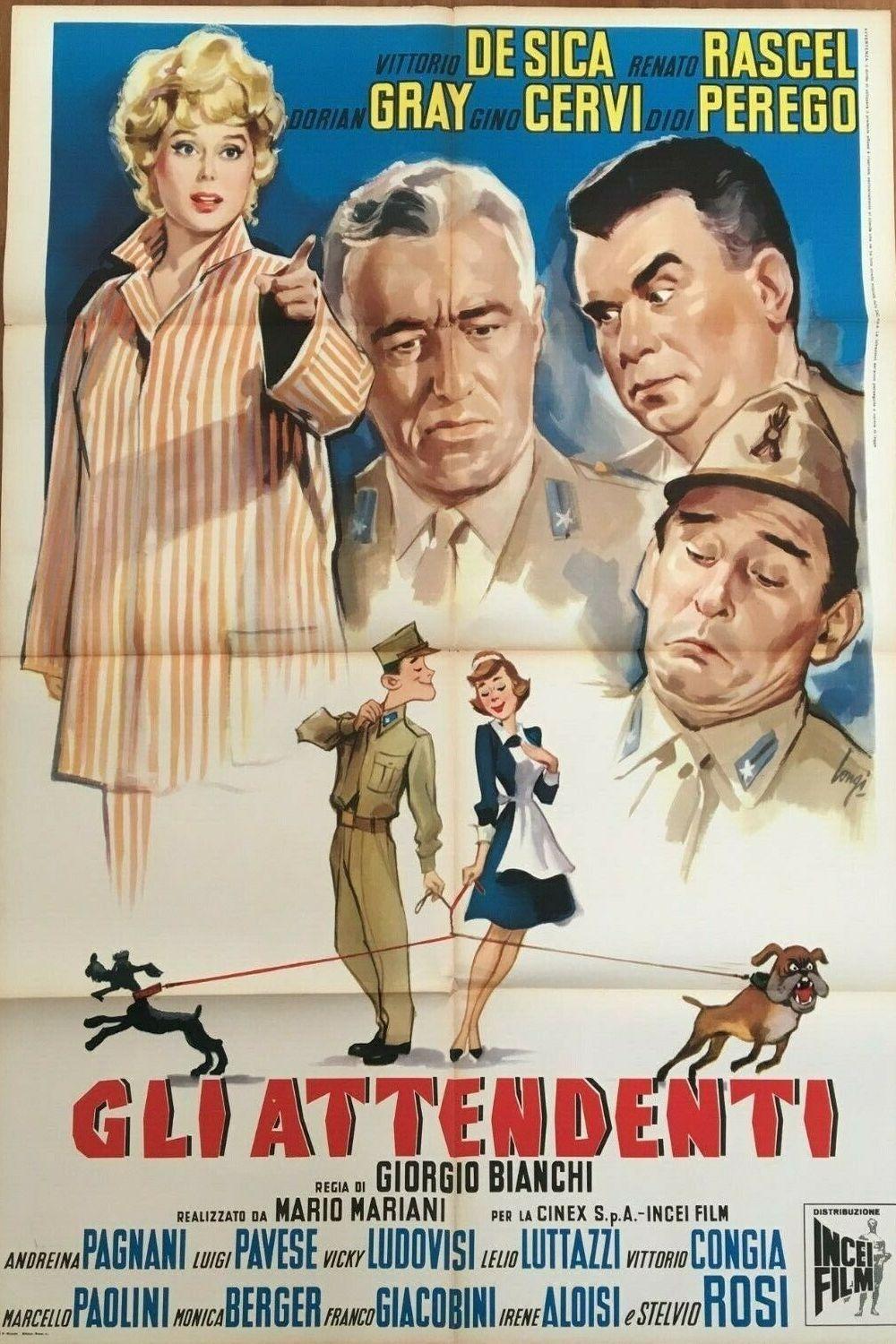
The Orderly
(Screenplay)
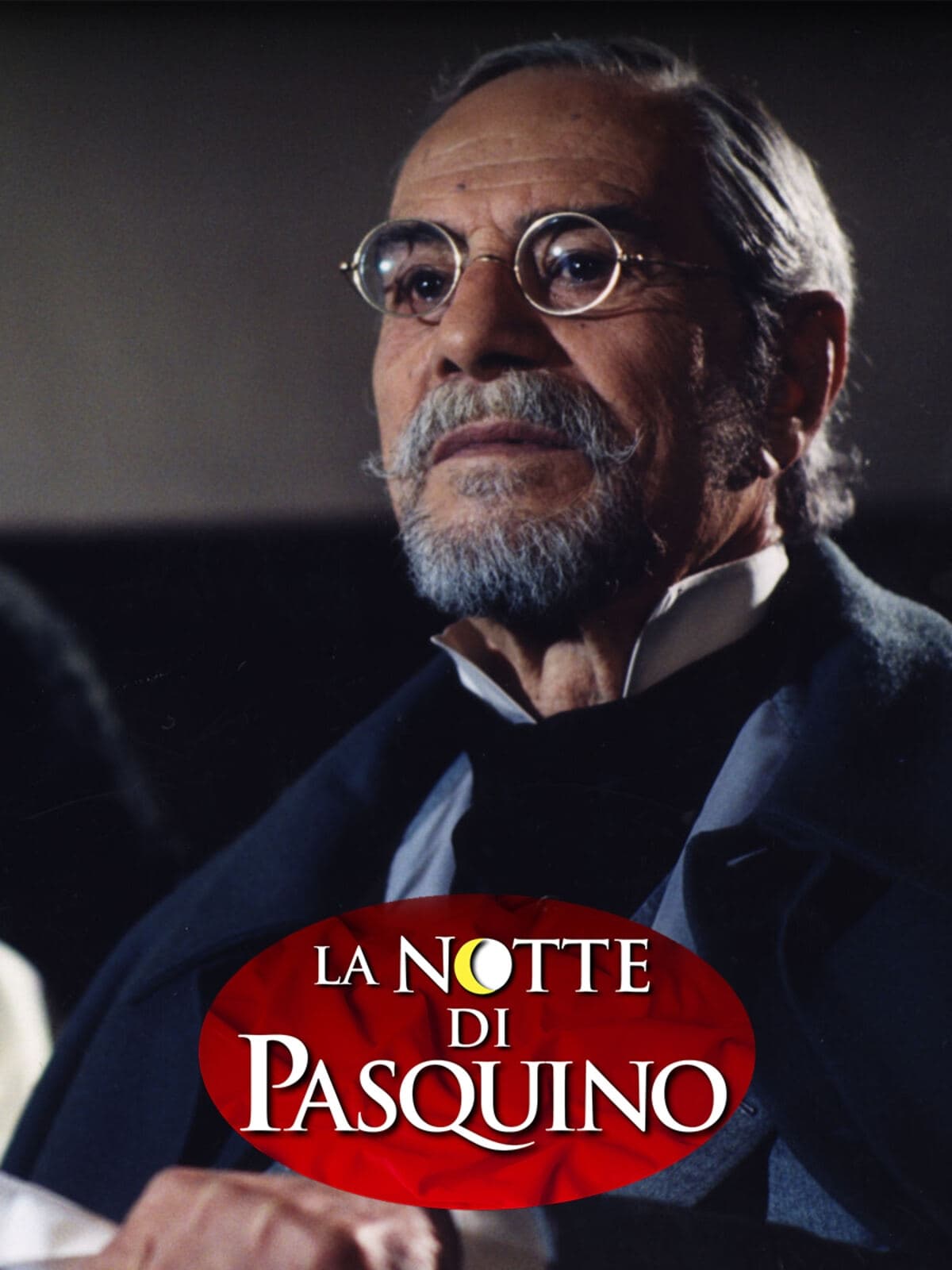
La notte di Pasquino
(Director)

The Mandrake
(Screenplay)
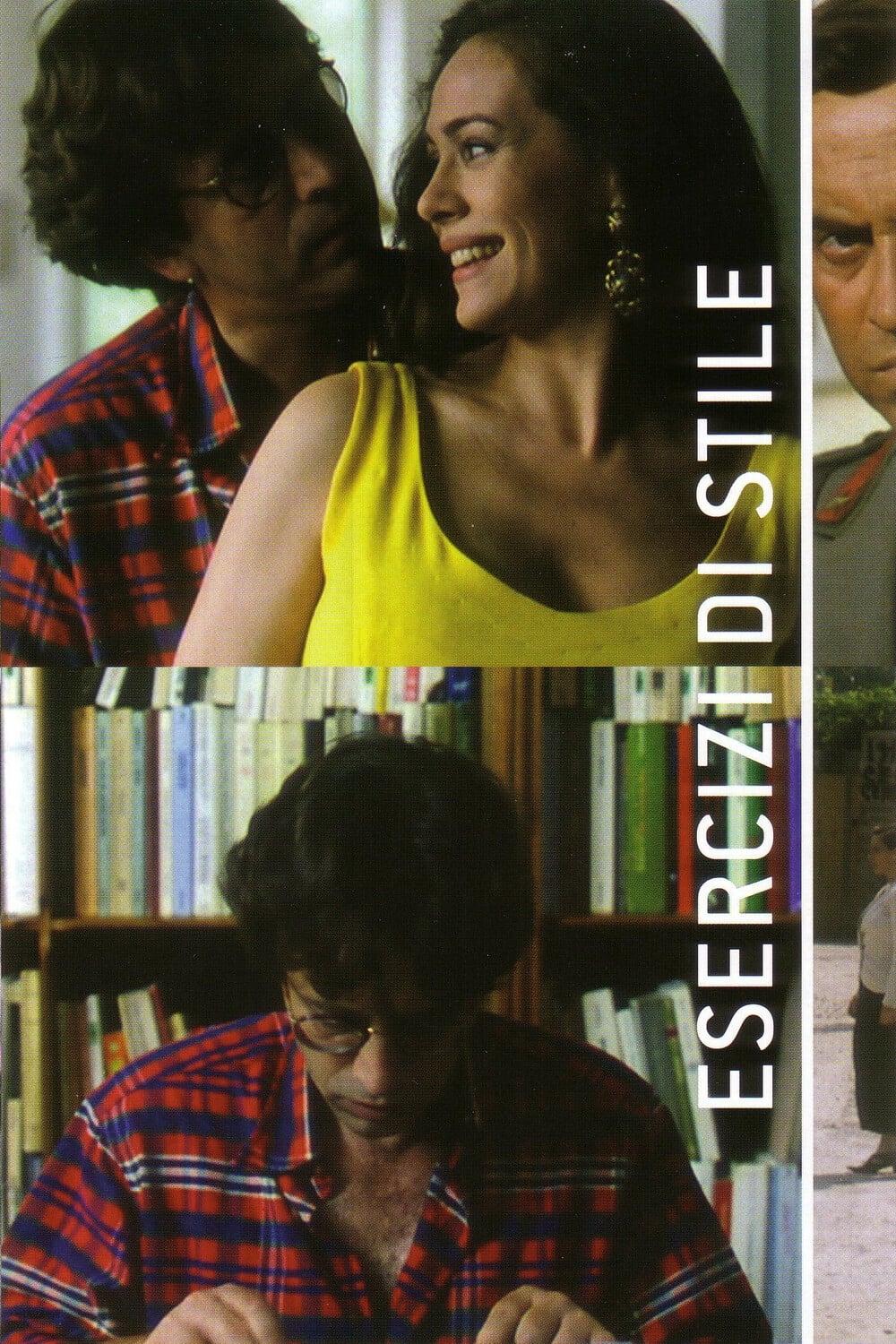
Esercizi di stile
(Director)

Esercizi di stile
(Screenplay)
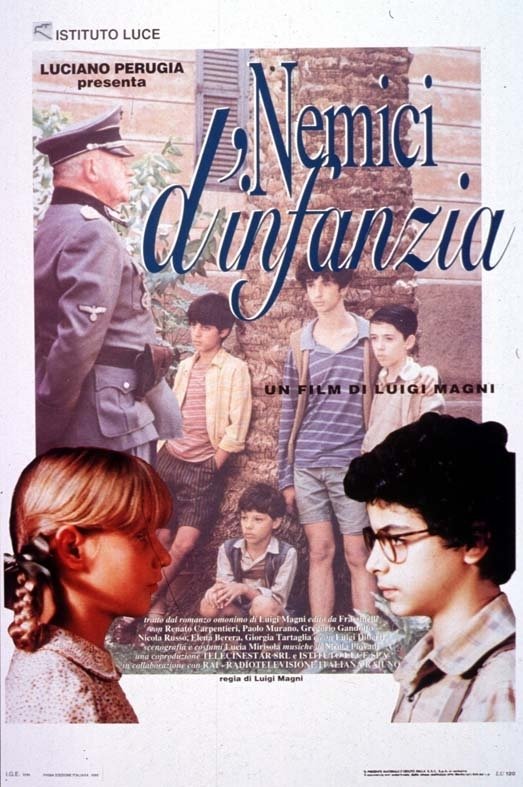
Nemici d'infanzia
(Director)
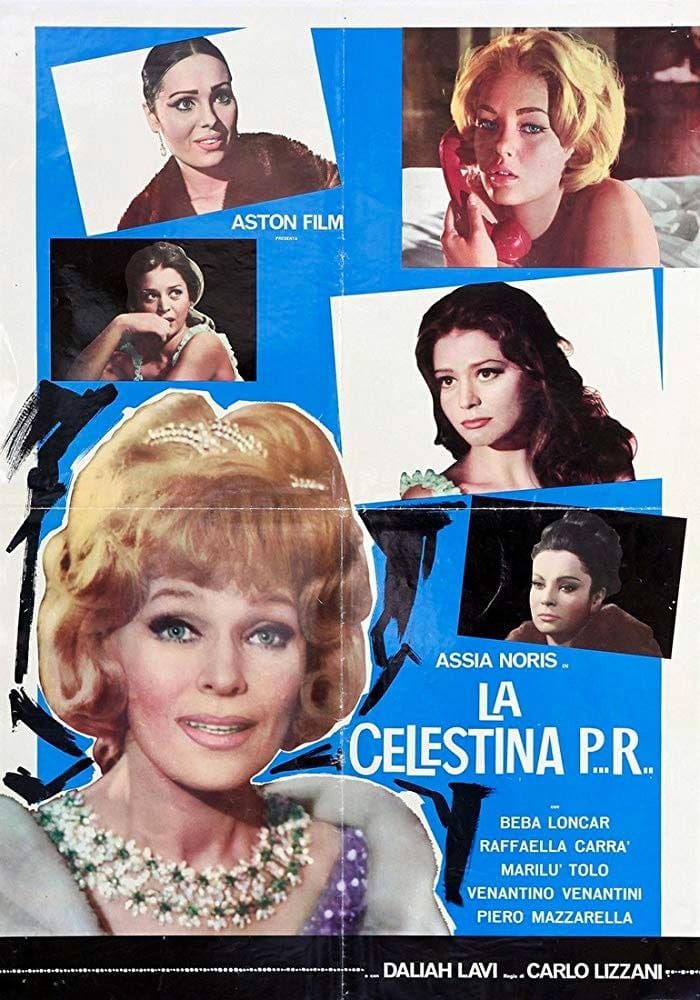
La Celestina P… R…
(Screenplay)
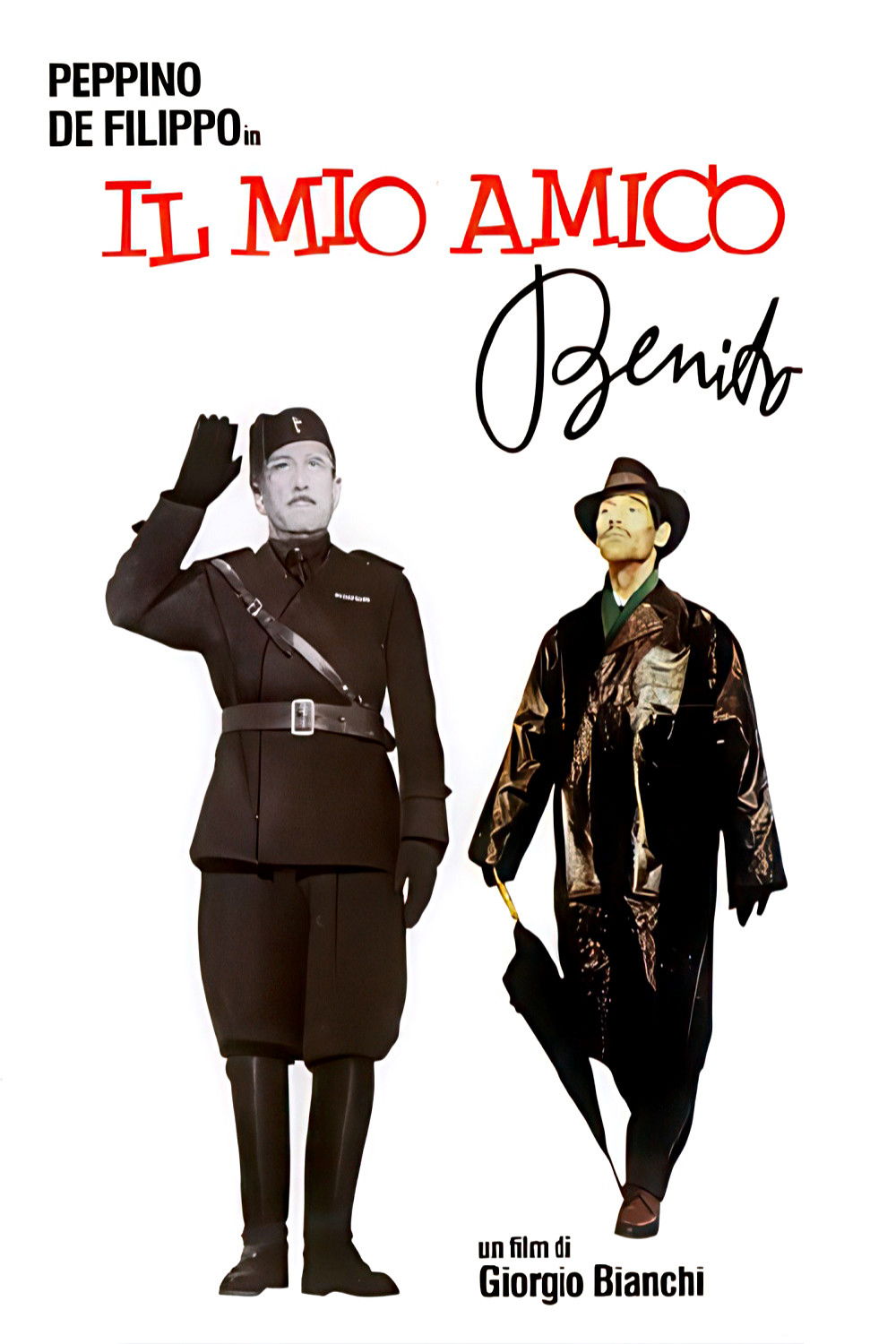
Il mio amico Benito
(Story)

Il mio amico Benito
(Screenplay)
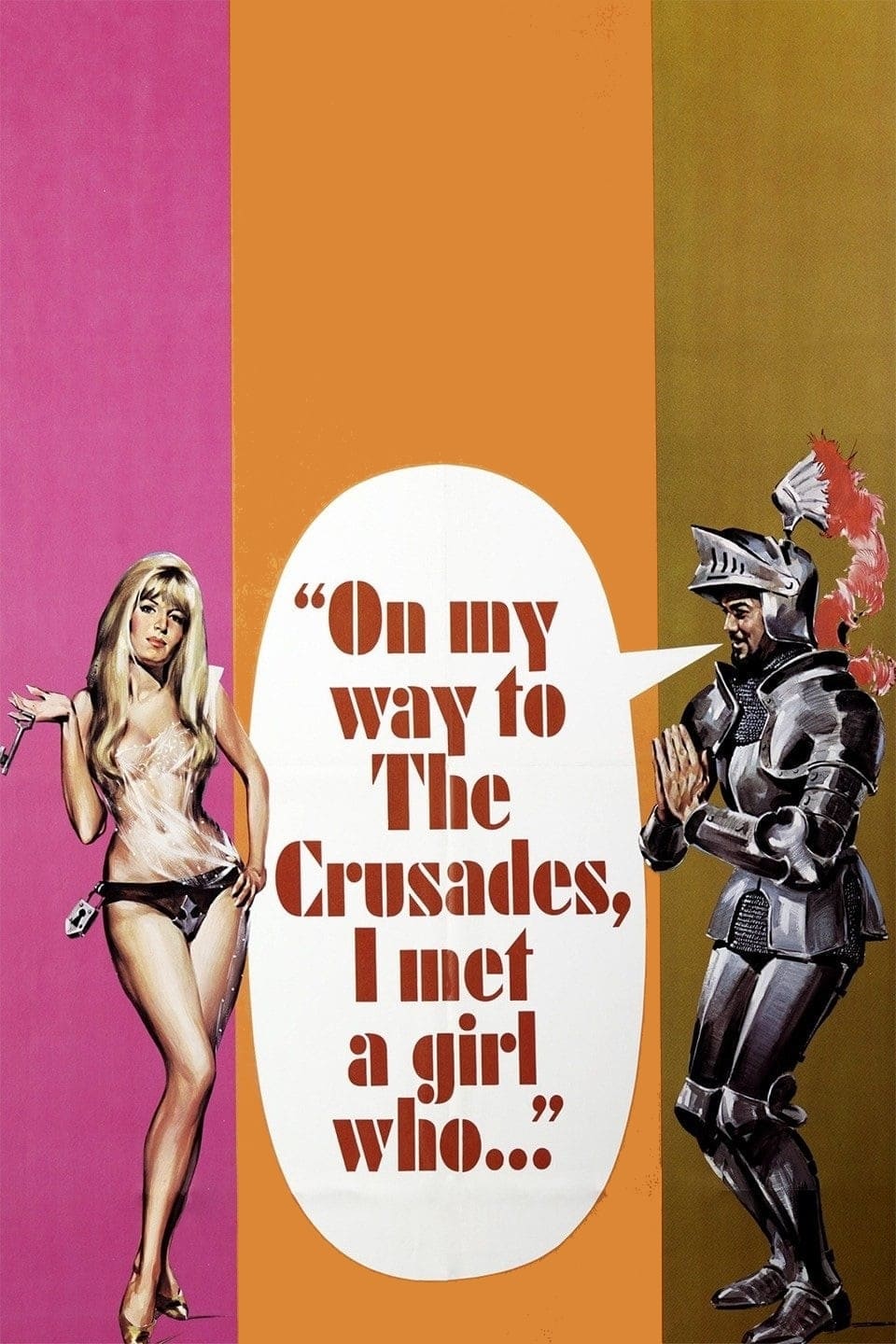
On My Way to the Crusades, I Met a Girl Who...
(Writer)

Nemici d'infanzia
(Screenplay)

'o Re
(Screenplay)

La Tosca
(Screenplay)
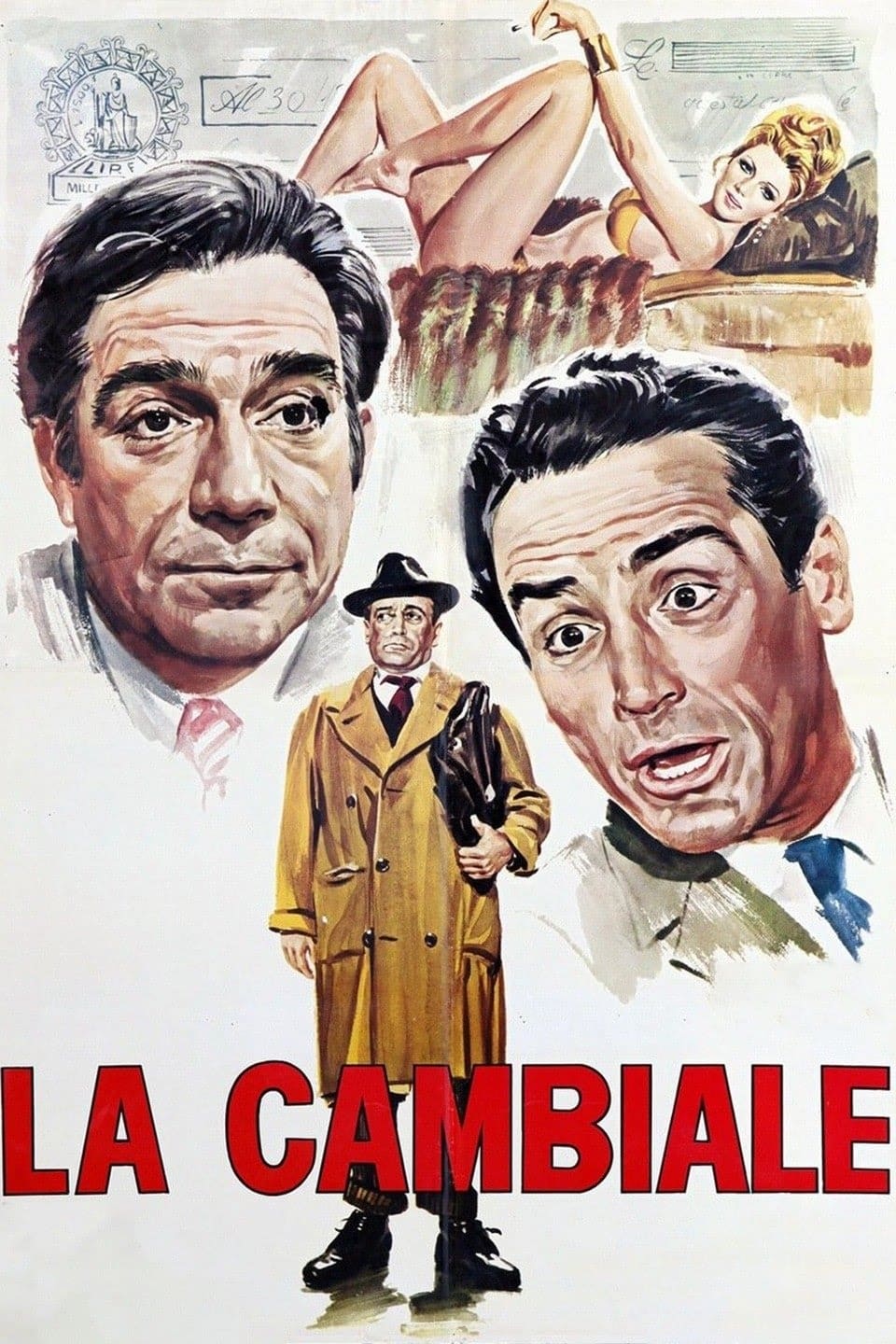
La cambiale
(Screenplay)
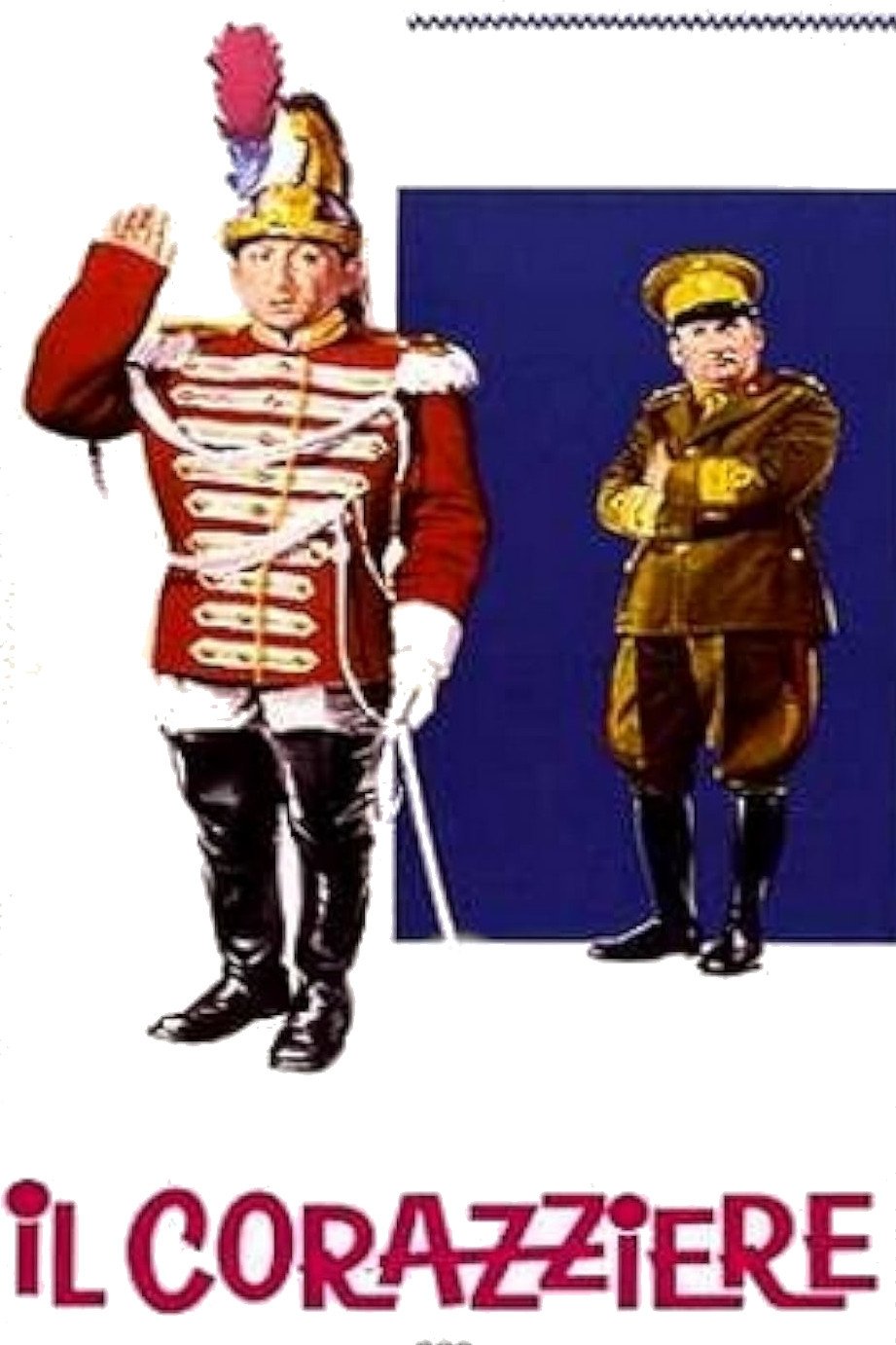
Il corazziere
(Screenplay)
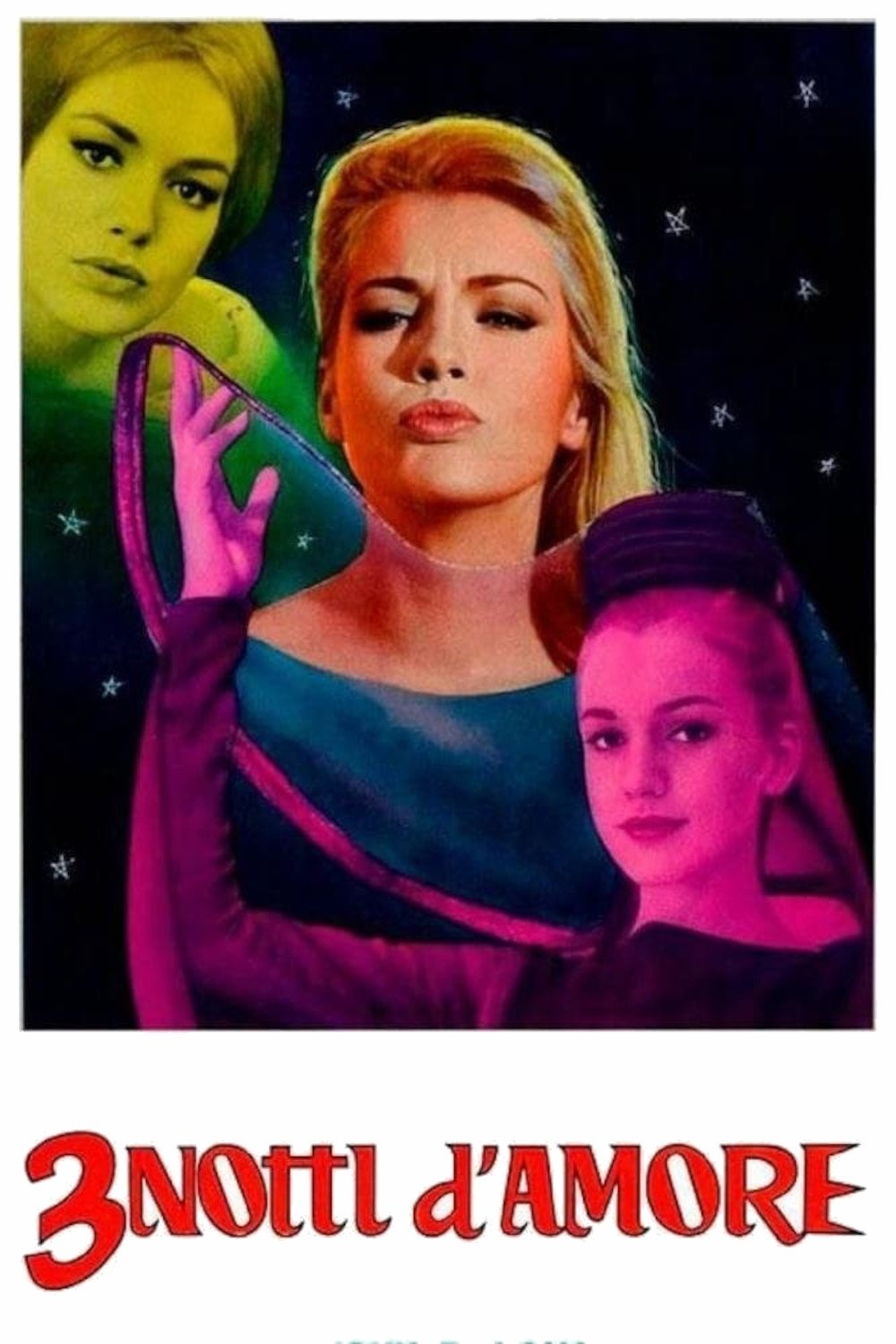
Three Nights of Love
(Story)

Three Nights of Love
(Screenplay)
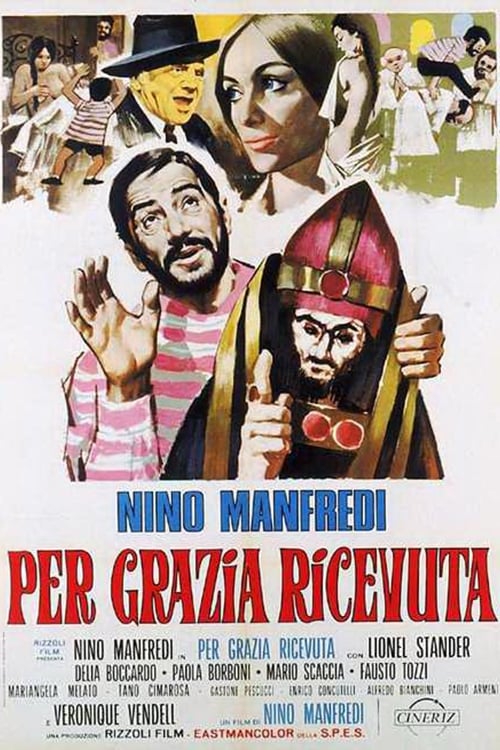
Between Miracles
(Story)
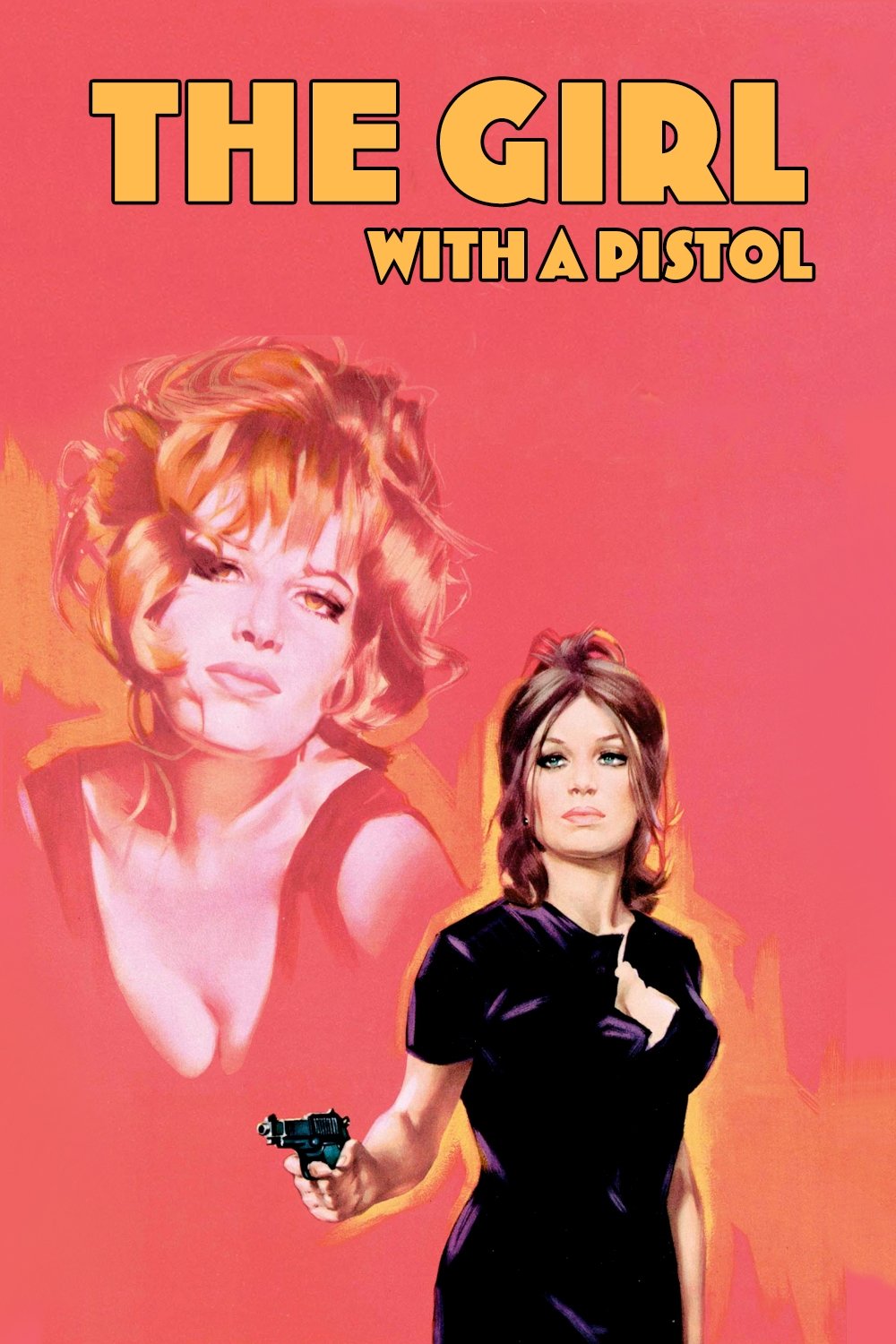
The Girl with a Pistol
(Screenplay)
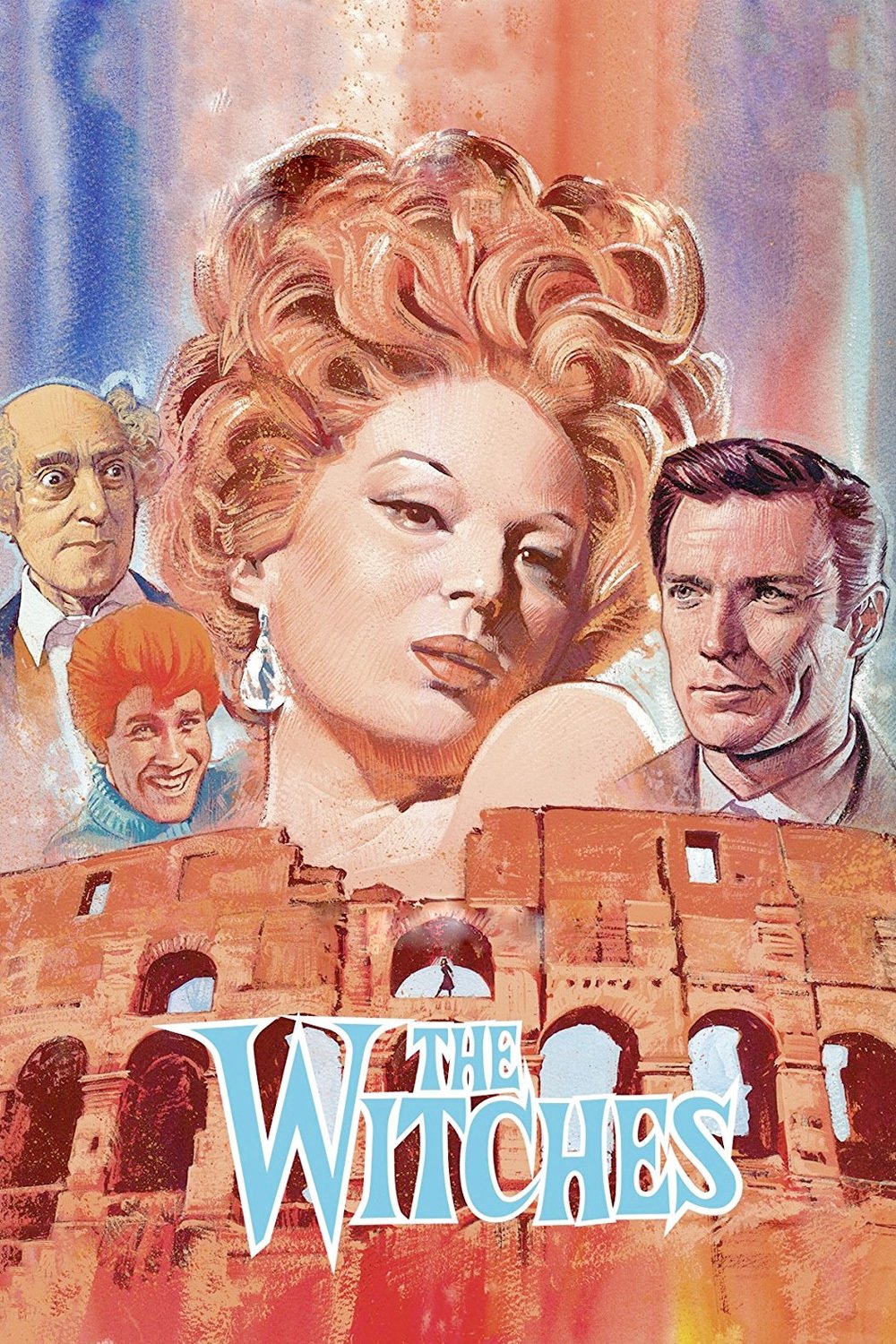
The Witches
(Story)

The Witches
(Screenplay)
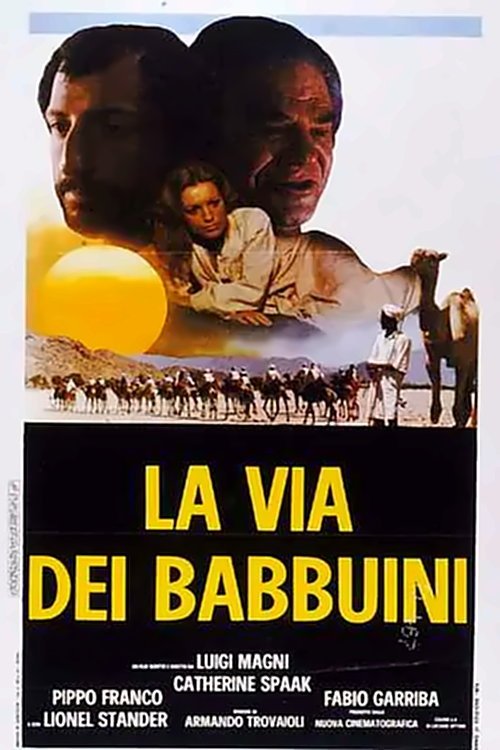
The Way of the Baboons
(Director)
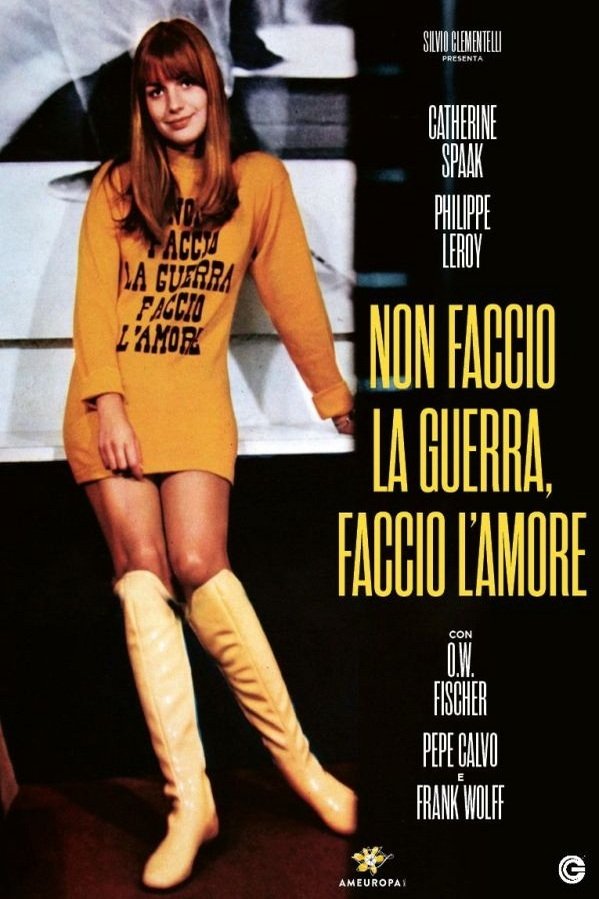
Make Love, Not War
(Screenplay)

The Conspirators
(Screenplay)

The Conspirators
(Story)
Cinema
(Screenplay)
Cinema
(Director)

Keep It To Yourself!
(Story)

Faustina
(Story)
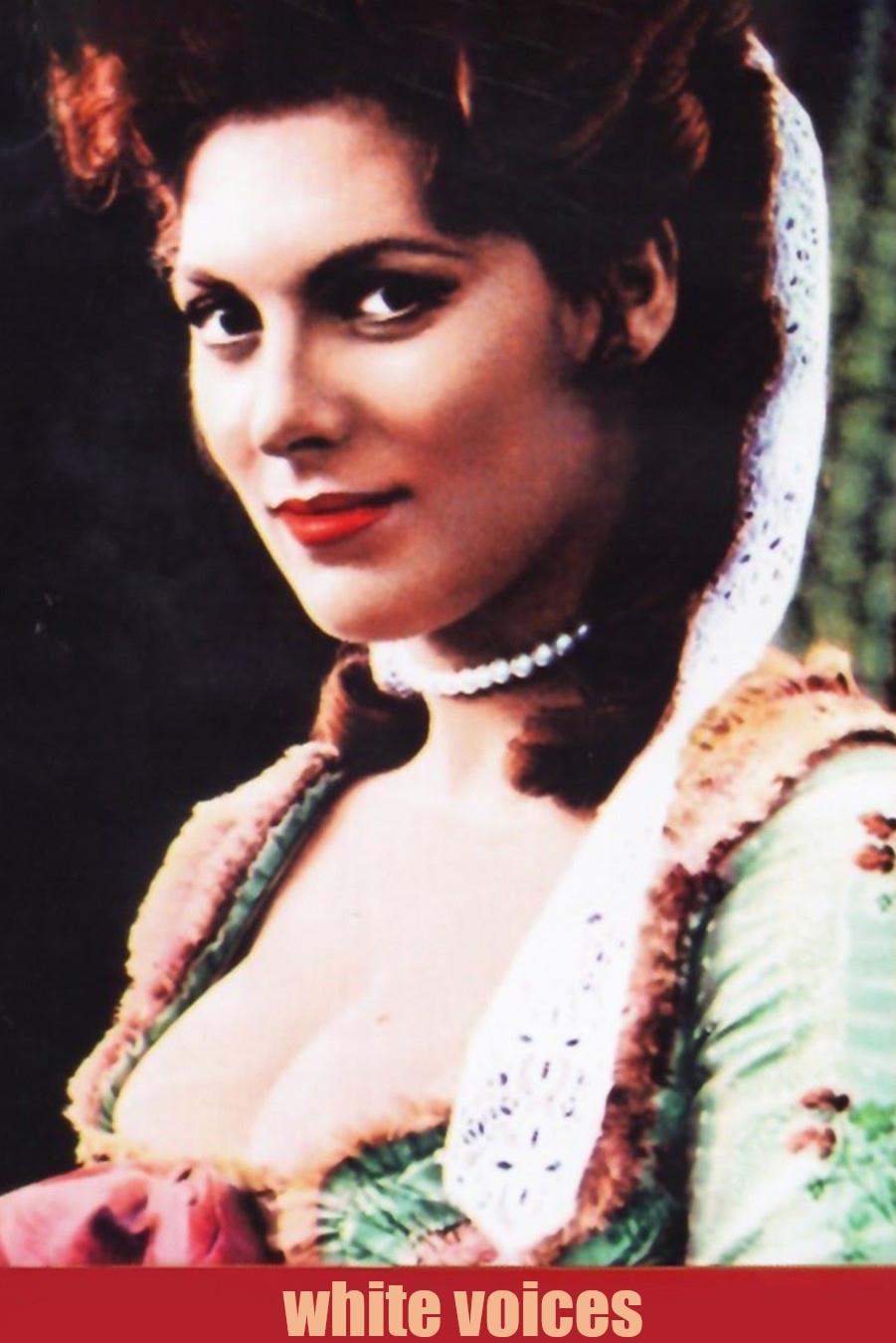
White Voices
(Story)

La carbonara
(Story)

La carbonara
(Screenplay)
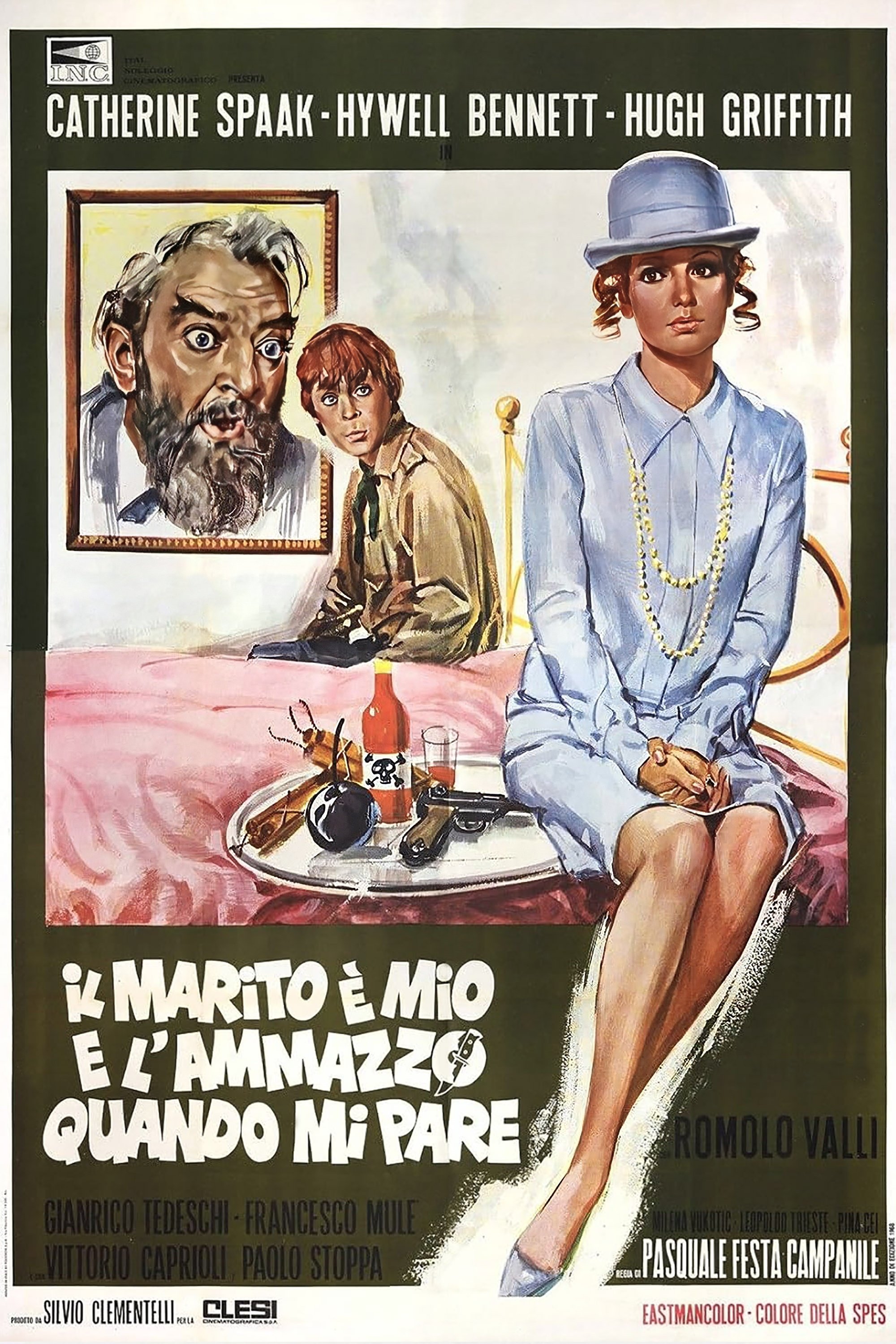
Il marito è mio e l'ammazzo quando mi pare
(Screenplay)

White Voices
(Co-Director)

White Voices
(Screenplay)

'o Re
(Story)
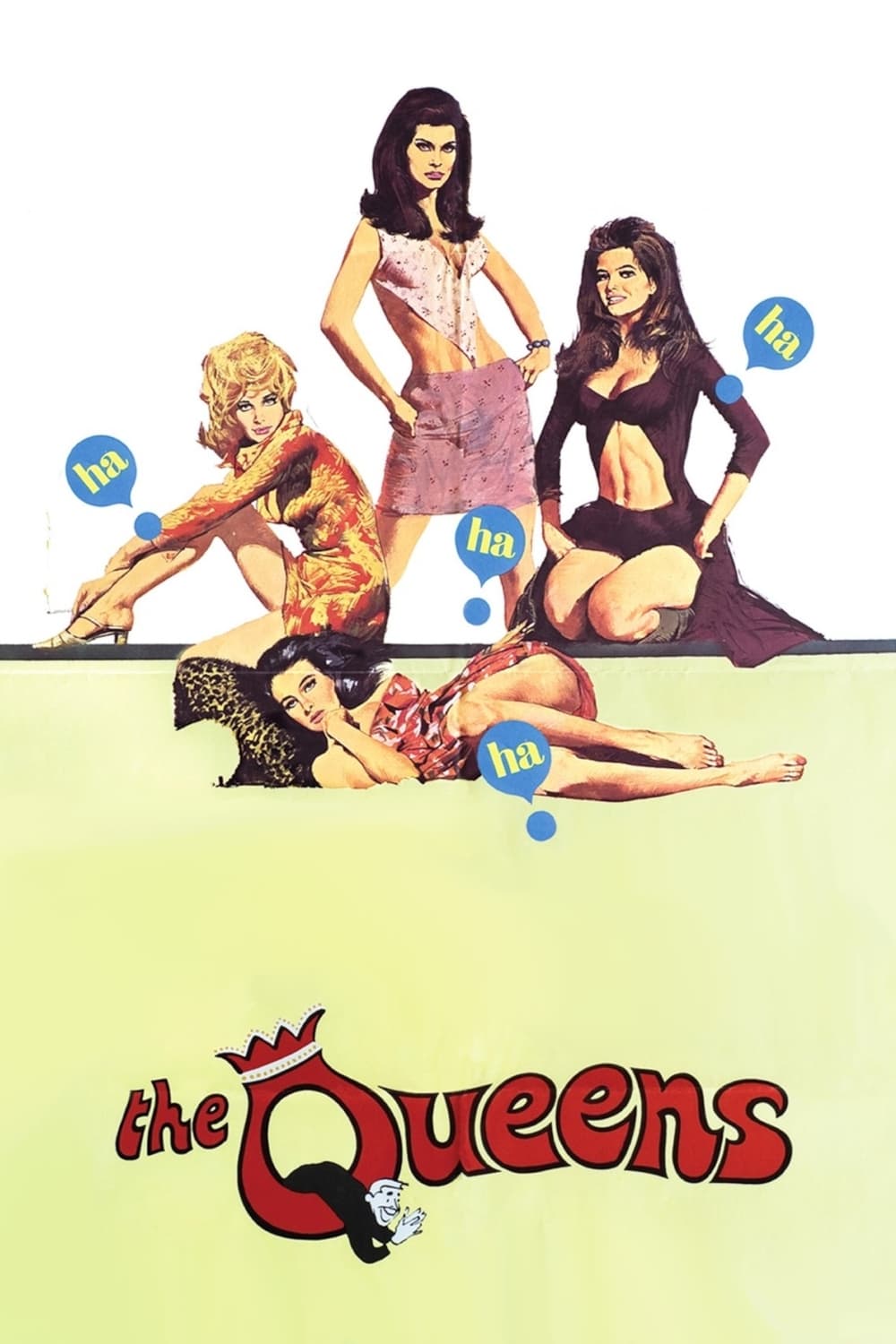
The Queens
(Screenplay)
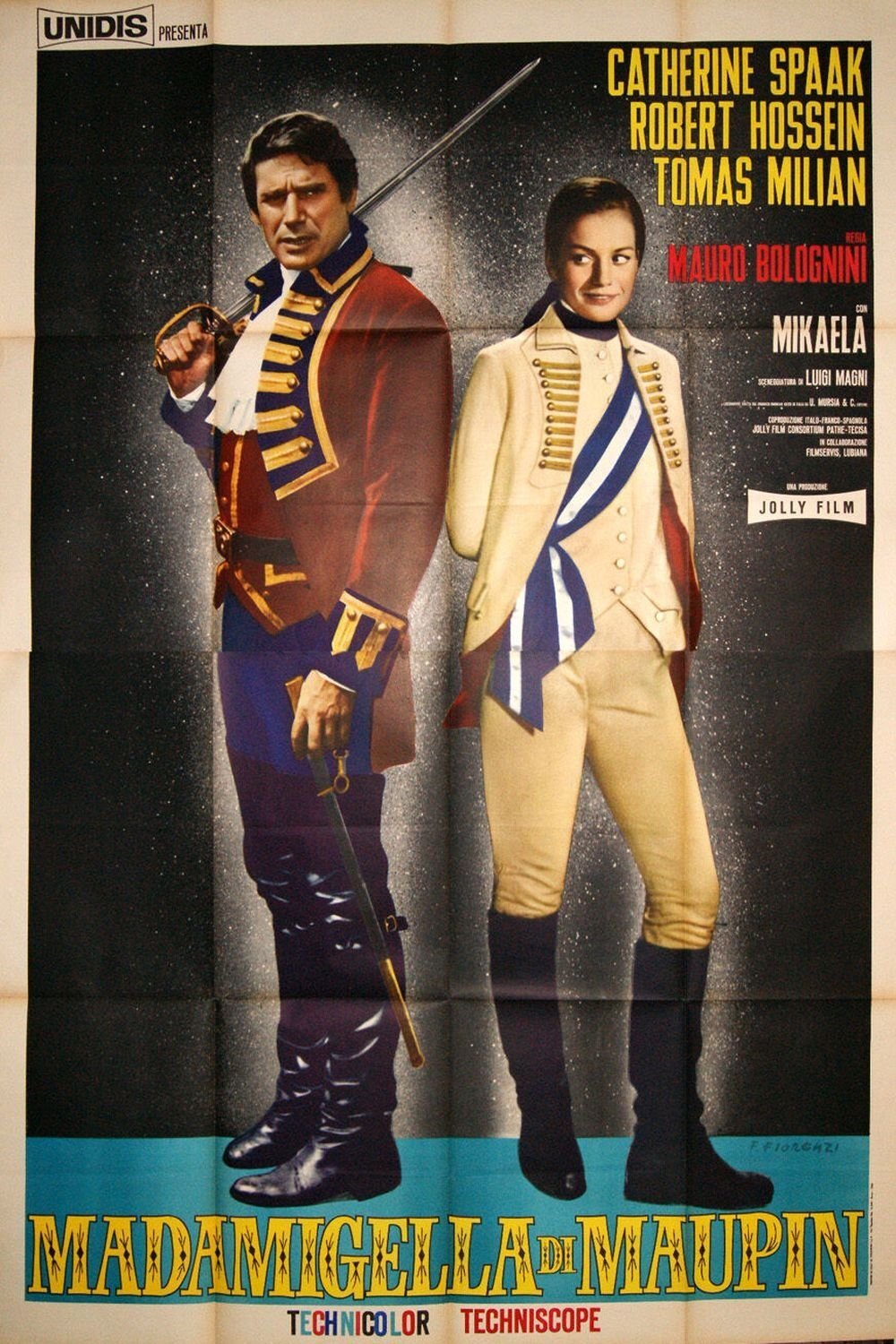
Mademoiselle de Maupin
(Screenplay)
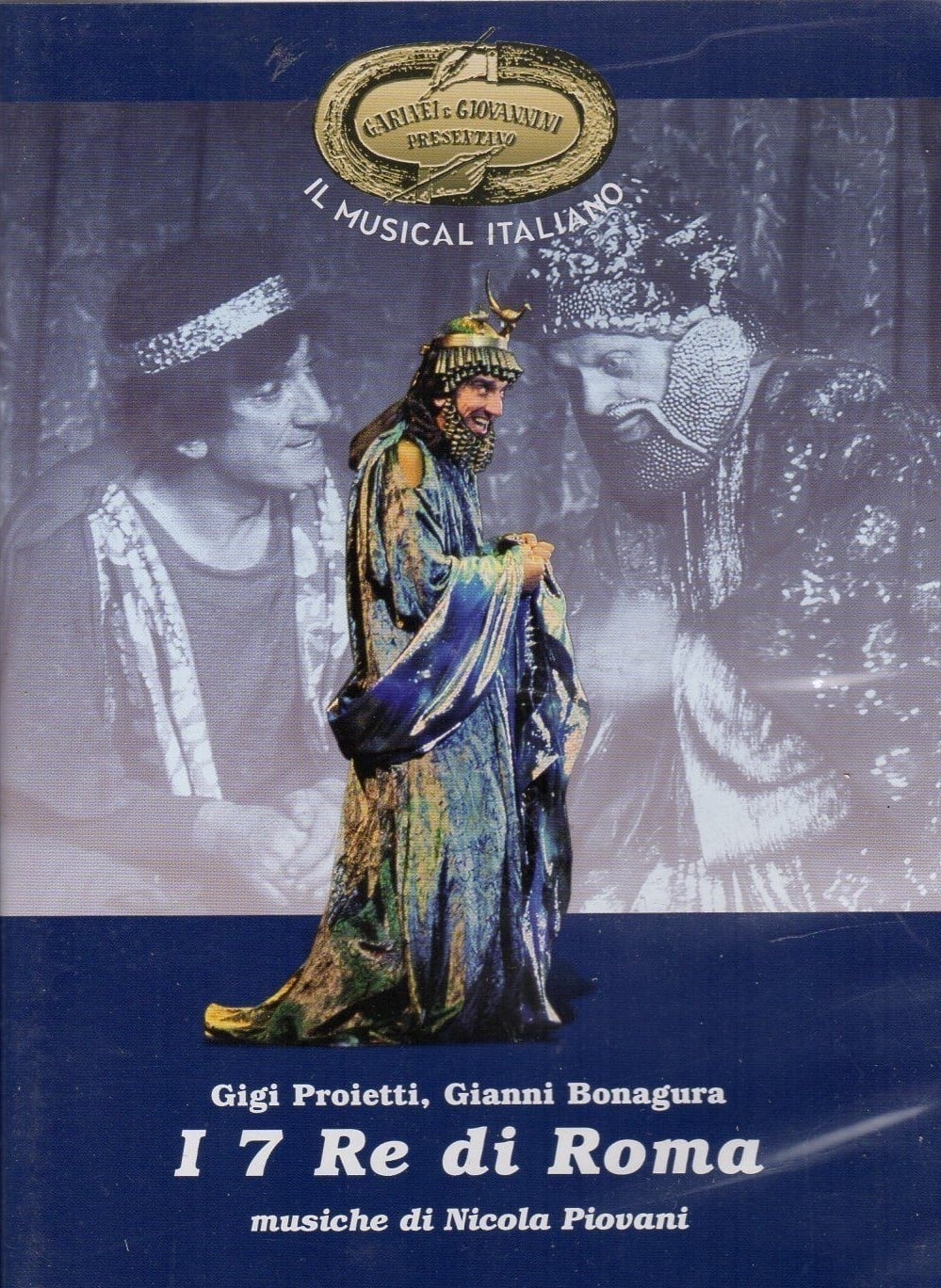
I 7 Re di Roma
(Writer)
Rome, November 12, 1994
(Director)

A Sentimental Attempt
(Assistant Director)

In the Name of the Pope King
(Writer)

According to Pontius Pilate
(Writer)

La notte di Pasquino
(Writer)

State buoni se potete
(Screenplay)

State buoni se potete
(Story)
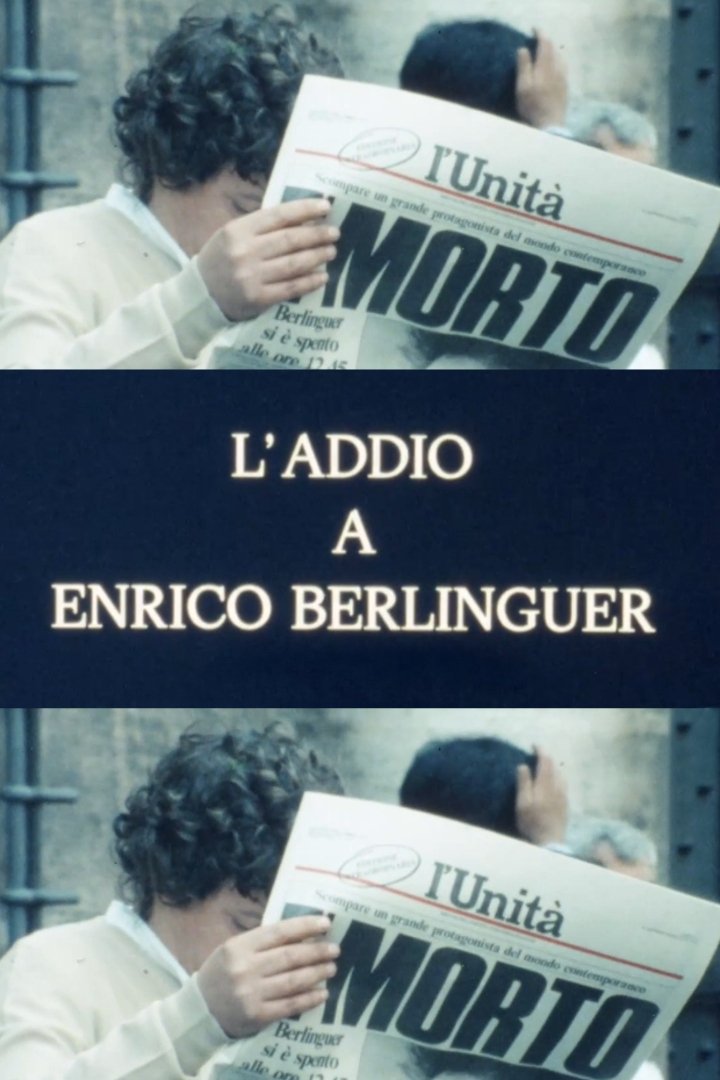
Farewell to Enrico Berlinguer
(Director)

The Way of the Baboons
(Writer)
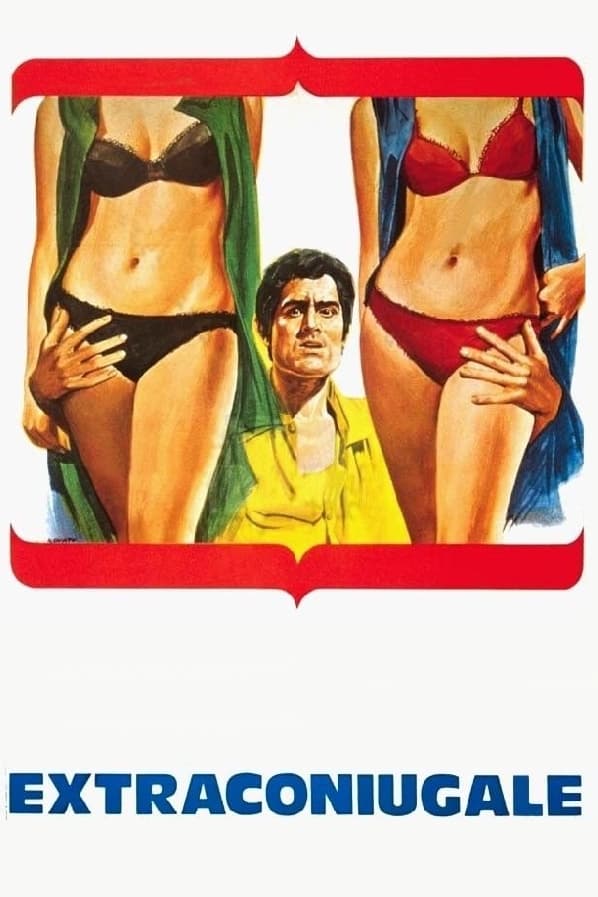
Extraconiugale
(Screenplay)
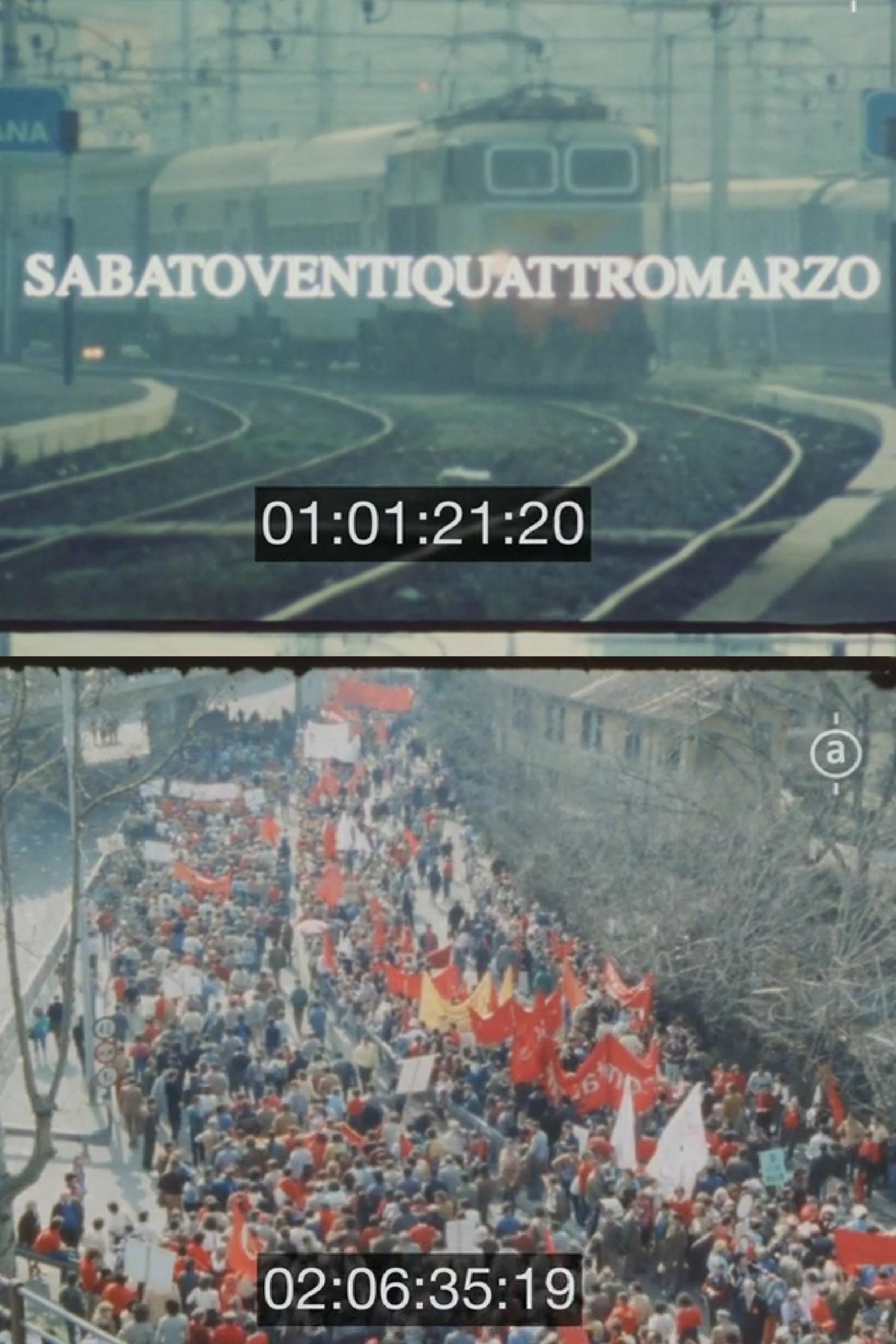
Sabatoventiquattromarzo
(Director)

In nome del popolo sovrano
(Story)

In nome del popolo sovrano
(Screenplay)

